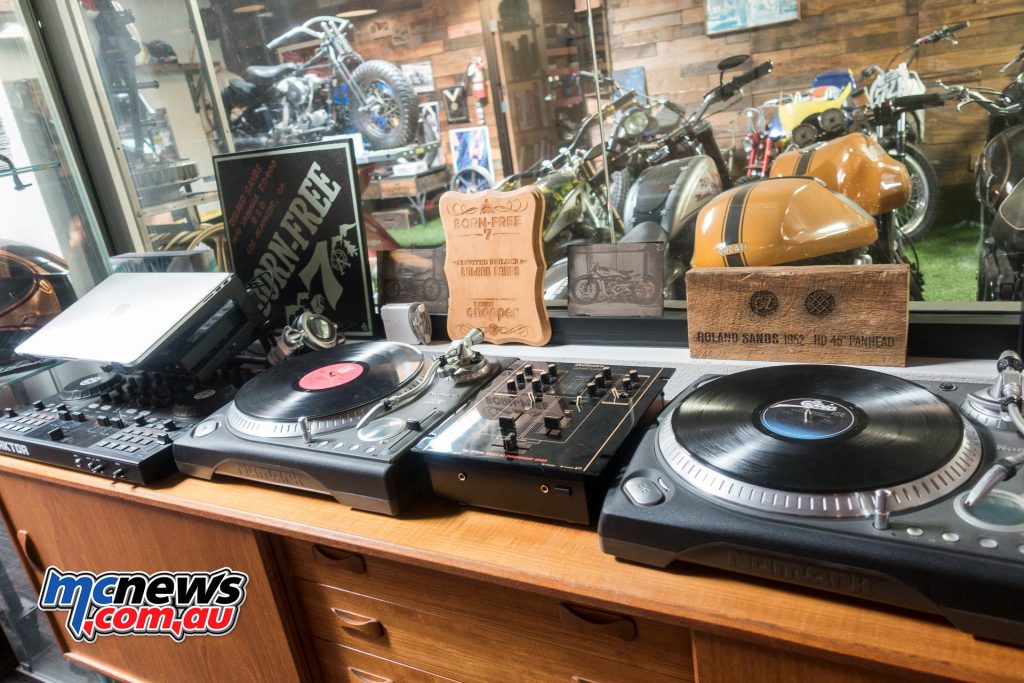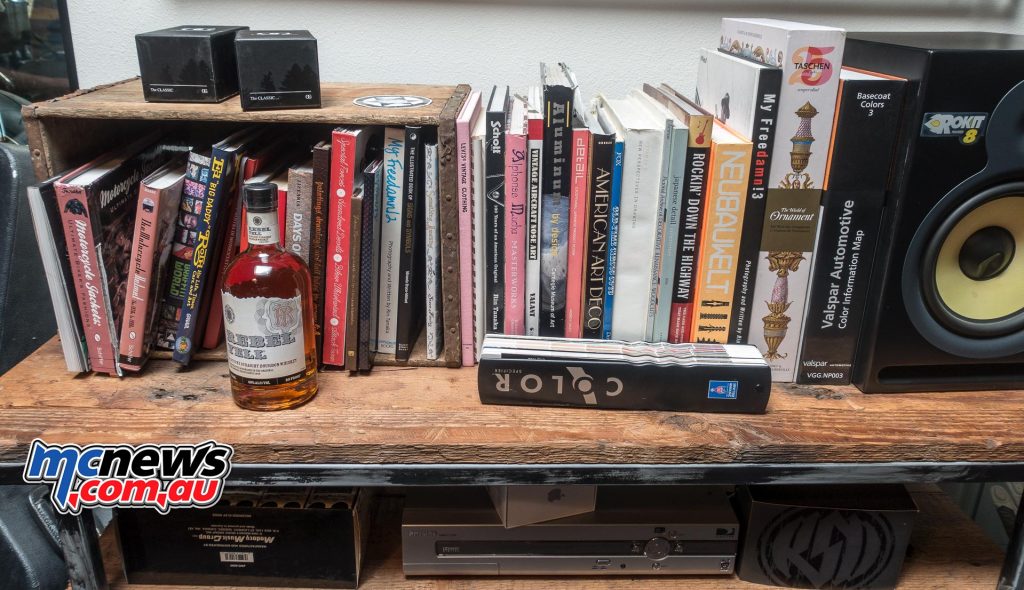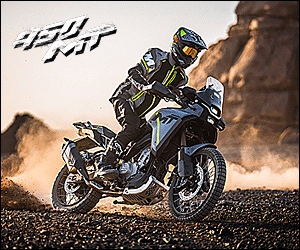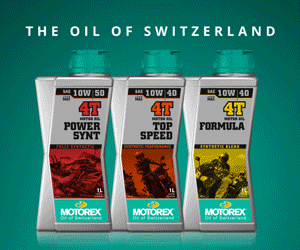Roland Sands on Motorcycle Design and RSD
After today showcasing Roland Sands’ new BMW R 18 based drag custom on MCNews.com.au (Link), we thought it might be a good time to revisit this chat we had with Roland a couple of years ago in his surprisingly quite compact L.A. workshop that also pulls double duty as the Roland Sands Design sales office.
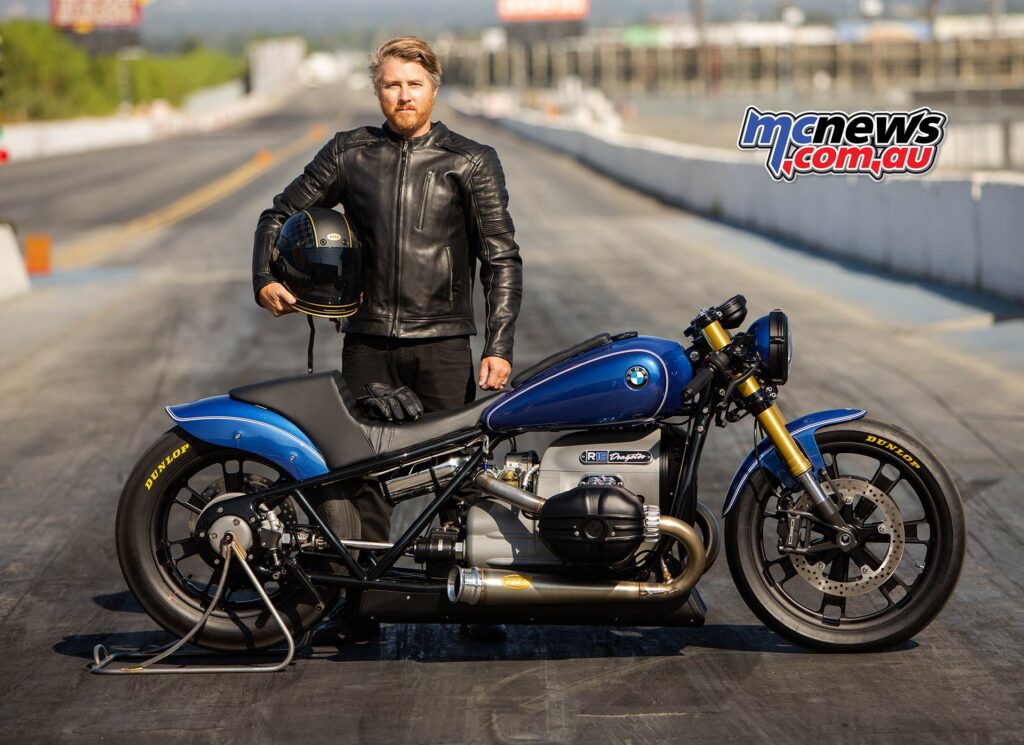
Despite being clearly pushed for time, the 43-year-old (now 45), was very forthcoming with his views on various subjects. He also allowed us unfettered access to his office and workshop to shoot photos which helped us to illustrate this insight into Roland Sands, and the firm he heads that bears his name.
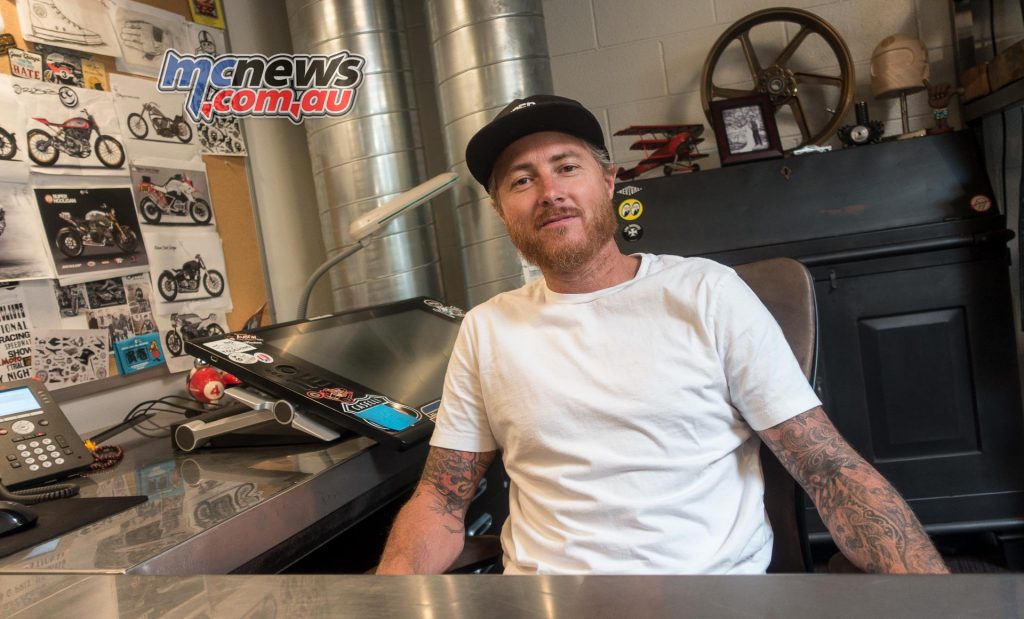
What do you think of the current Harley-Davidson range and the dropping of the Dyna platform?
“For anything like that, especially a bike, it’s a departure, people have to get a feel for it, have to get their hands on it and have to ride the bike. In time they’ll find it’s a better bike.
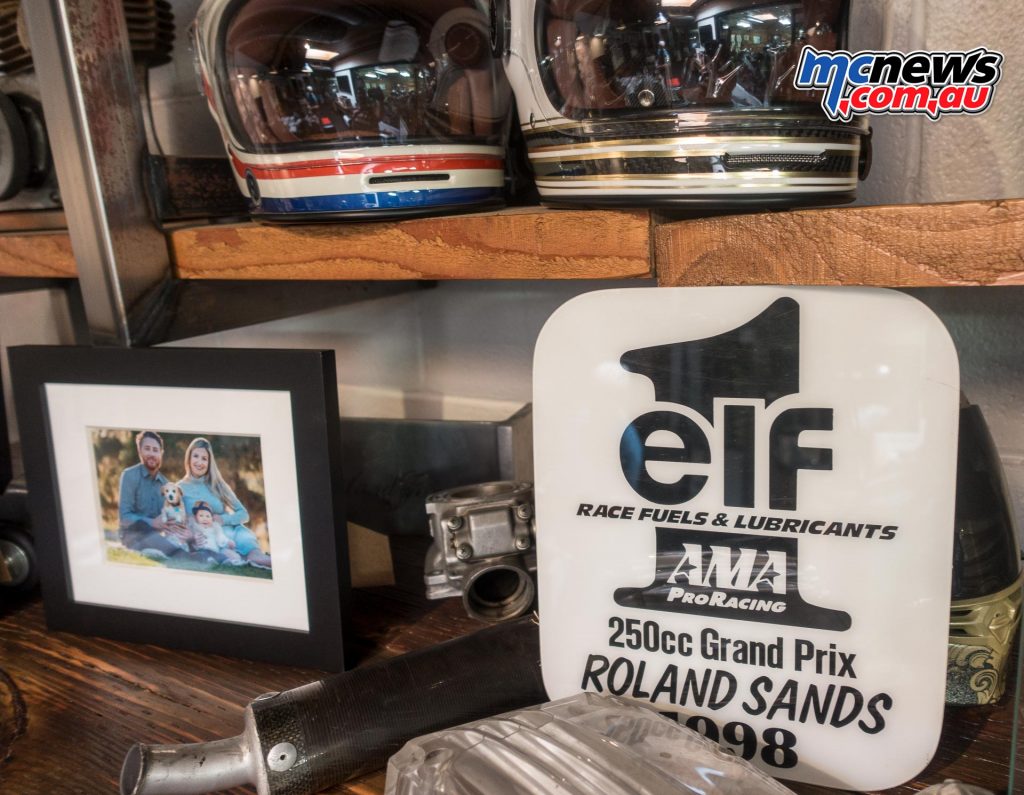
“And when it comes to the custom market, as the custom market always does, it deconstructs that thing, and builds it back up. It makes something new to the market, to inspire Harley to potentially bring models to the market, maybe more in the vein of what people were hoping they would bring.
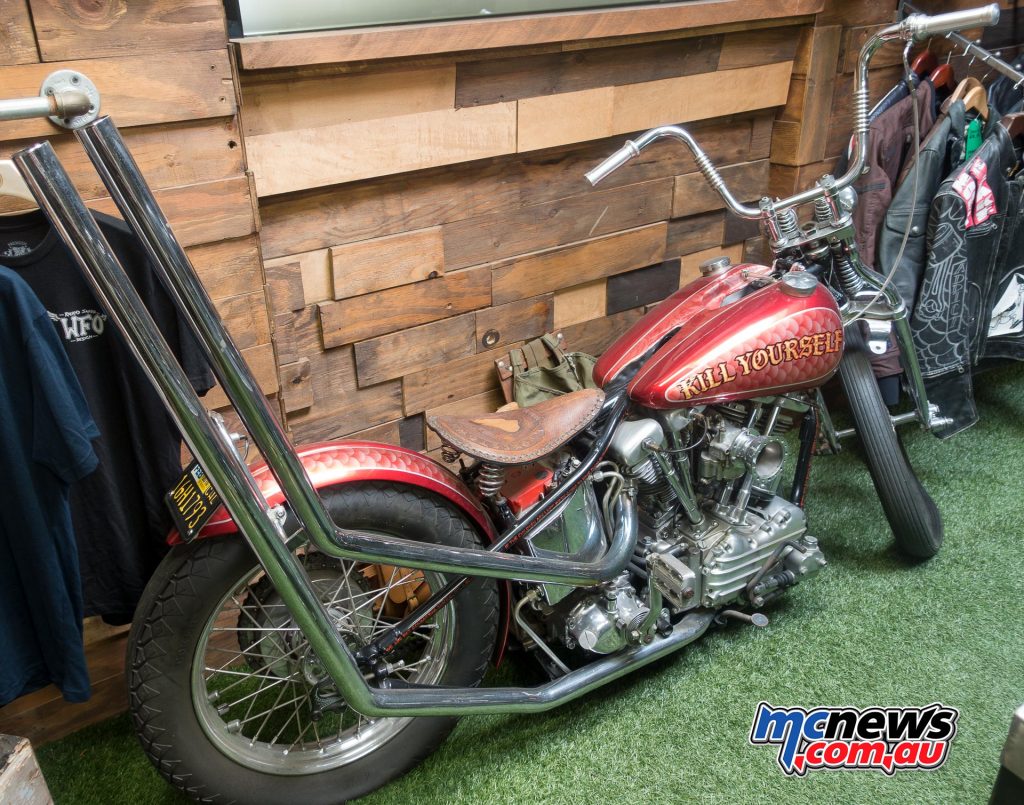
“But man what a strong offer, it was crazy to see that many motorcycles, I was blown away. That one thing was so polarising, that it almost took attention away from what I thought was one of the cooler bikes, the Road Glide, one of the most beautiful bikes Harley has ever introduced.
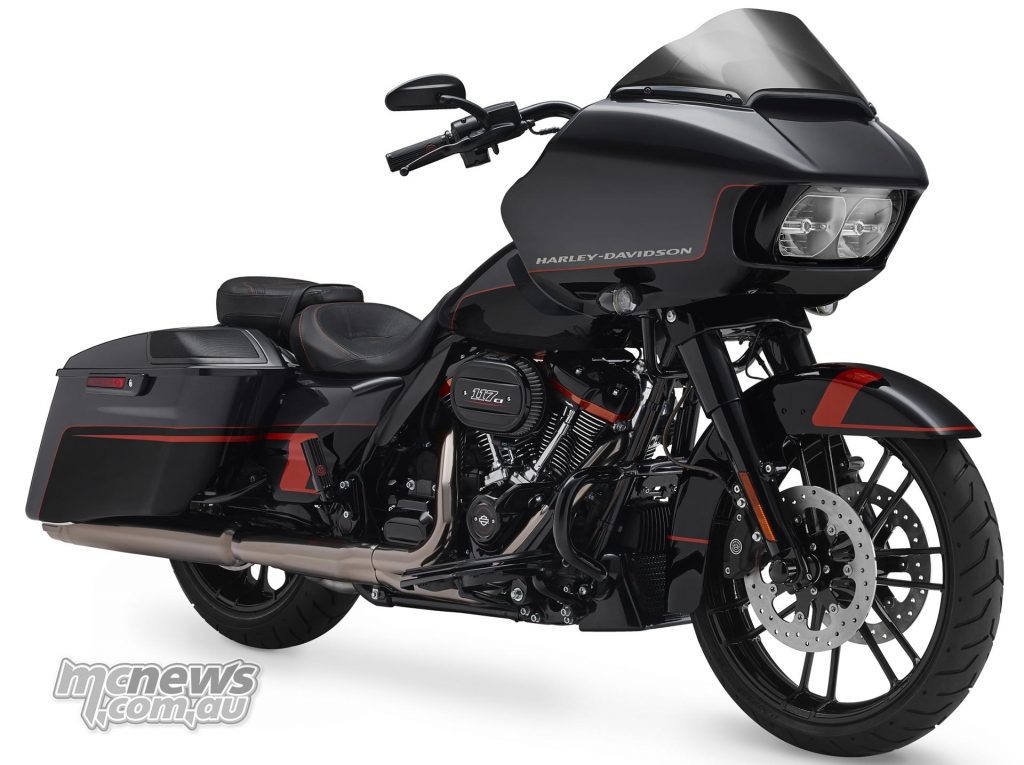
“I’ve ridden the Fat Boy and the Fat Bob, the front end was something else. The width of the whole thing to me is a little out of proportion, but the bike works really good. I enjoyed riding it. It’s quick. We’re going to work on a Fat Boy shortly.”
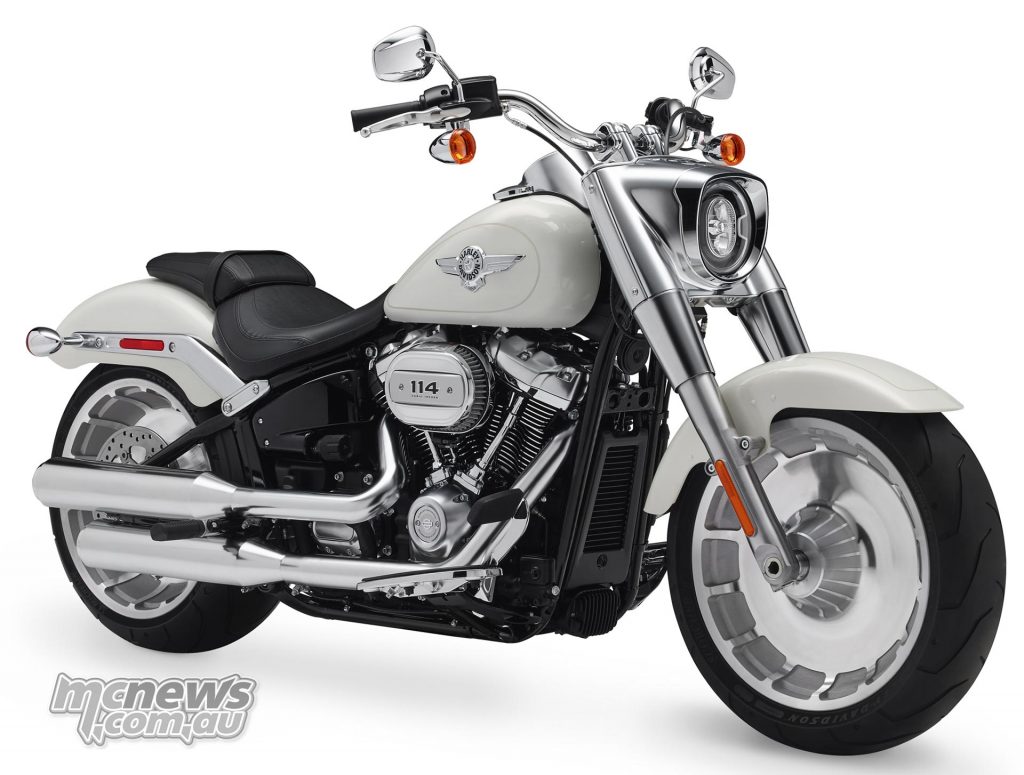
Where do you find your main business is from?
“I’ve been selling motorcycle parts since I was 16, but we started Roland Sands Designs in 2005, and have just been grinding away at it. It comes from events, motorcycle builds, parts, a little bit of everything. It’s been finding projects which would help grow the brand, and help to bring people to motorcycling.
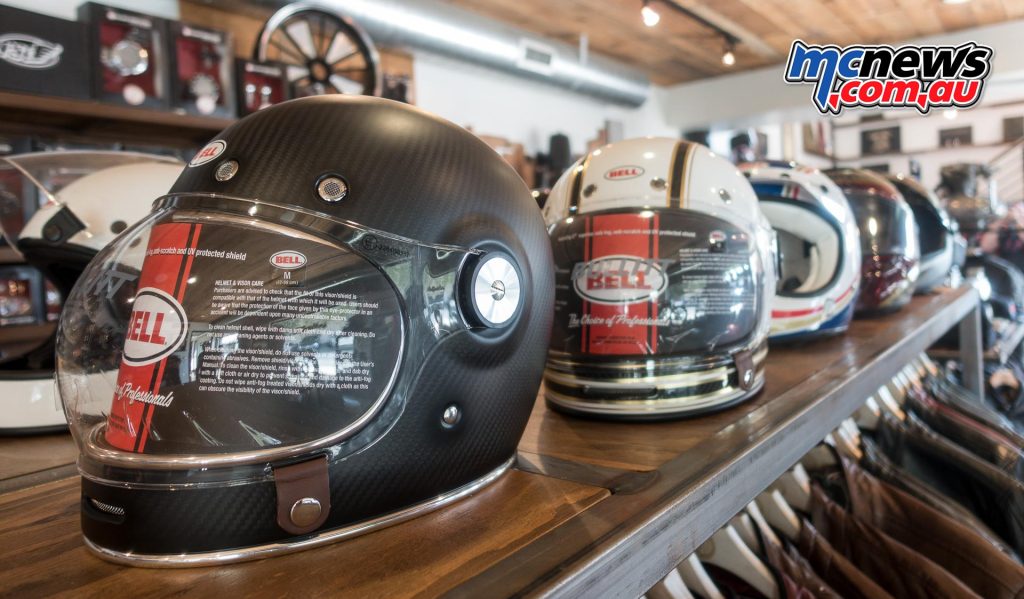
“That’s what I’ve been focusing on this year, how do we get more people on motorcycles, how do we introduce new people to motorcycles, how do we take the racing to people, instead of getting people to the races.
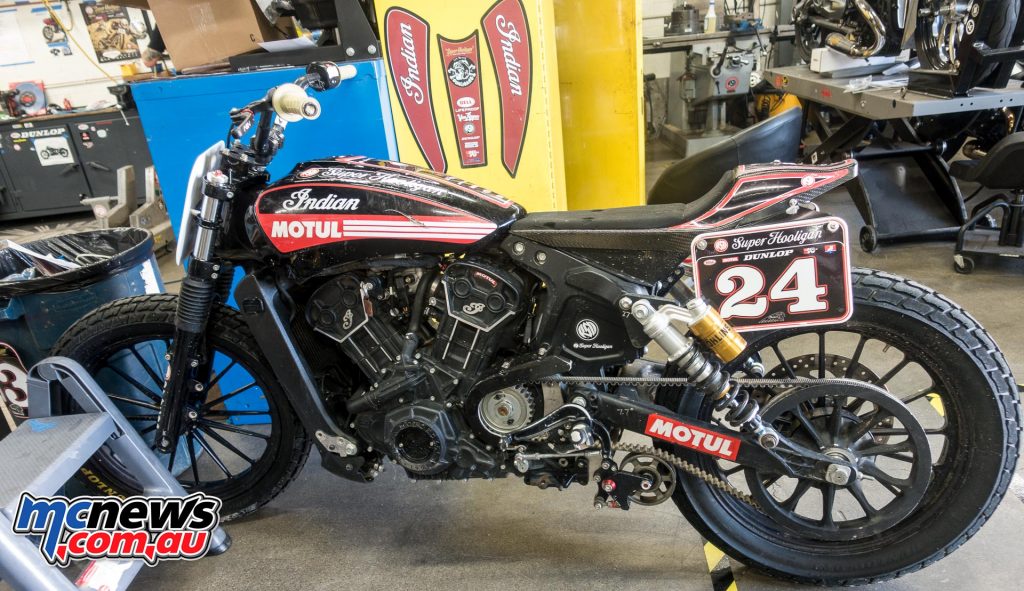
“October 14th we’re going to throw a race in Bolsa Chica on the beach. There’s a really cool beach culture, there’s a parking lot and a concert venue right there, we build a flat track in the parking lot, a race course and a drag strip.
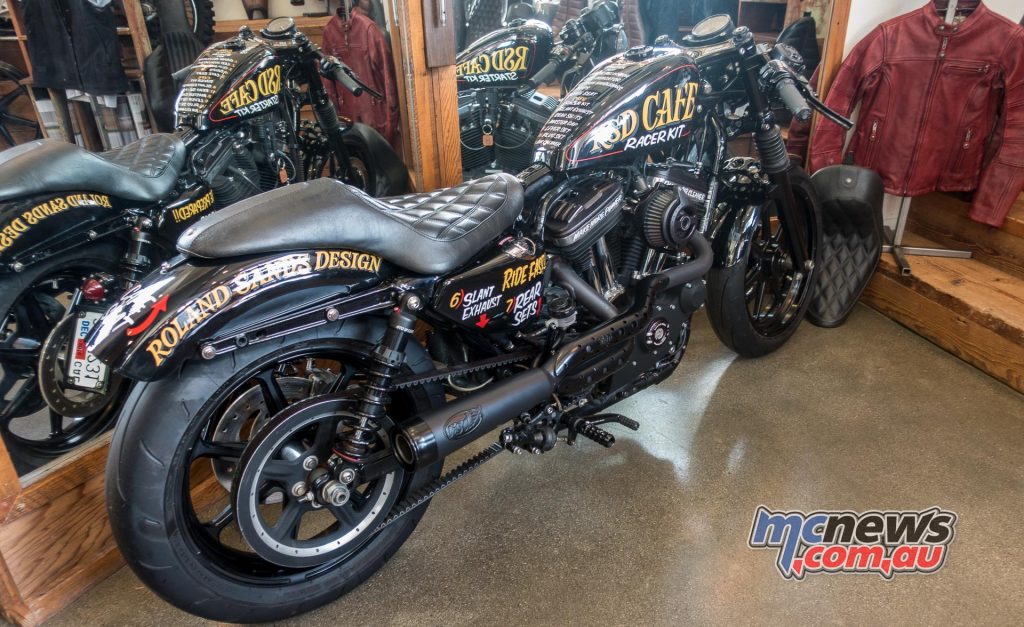
“It’ll be a small event, with only 7,000 people and it’s a first year event, but we’ve got some great sponsors, it should be fun. It’s going to be more grass roots, it needs to be bright and fun, riding motorcycles, with people just coming out to ride bikes and race all weekend.”
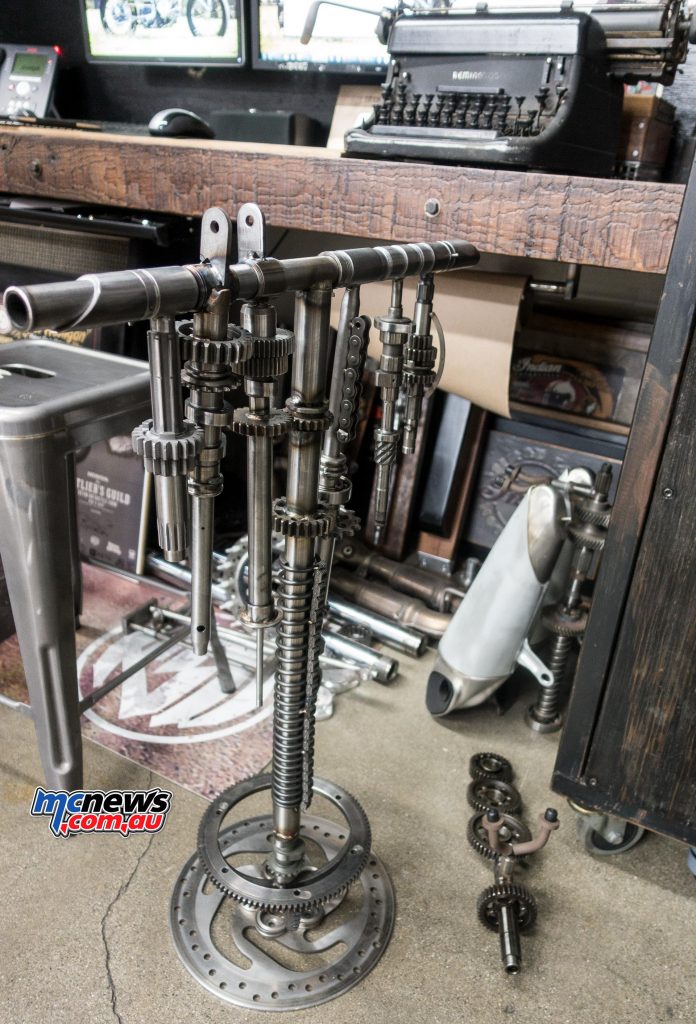
What about your two-stroke GP background, the class you were most successful in, winning the AMA 250 Grand Prix Championship in 1998. Do you get out on track on a machine like that these days?
“I haven’t ridden a bike like that since 2002, my last National, I’ve still got the bike, just as how it came off the track in 2002.
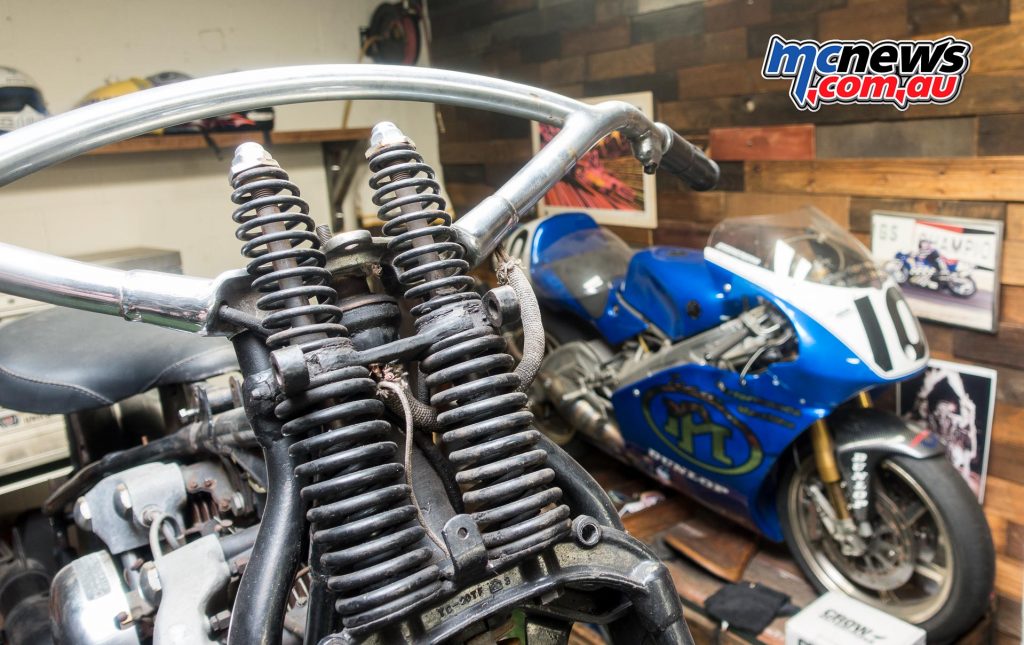
“Flat track is a totally different deal, I went from two-stroke GP bikes, to Harley-Davidson customs. I mean I’d still love to go back, and I still have a few flat trackers. I ride motocross and a bit of everything now. I like to do it all, with motorcycling you don’t have to do one thing, you can do a lot of different things.”
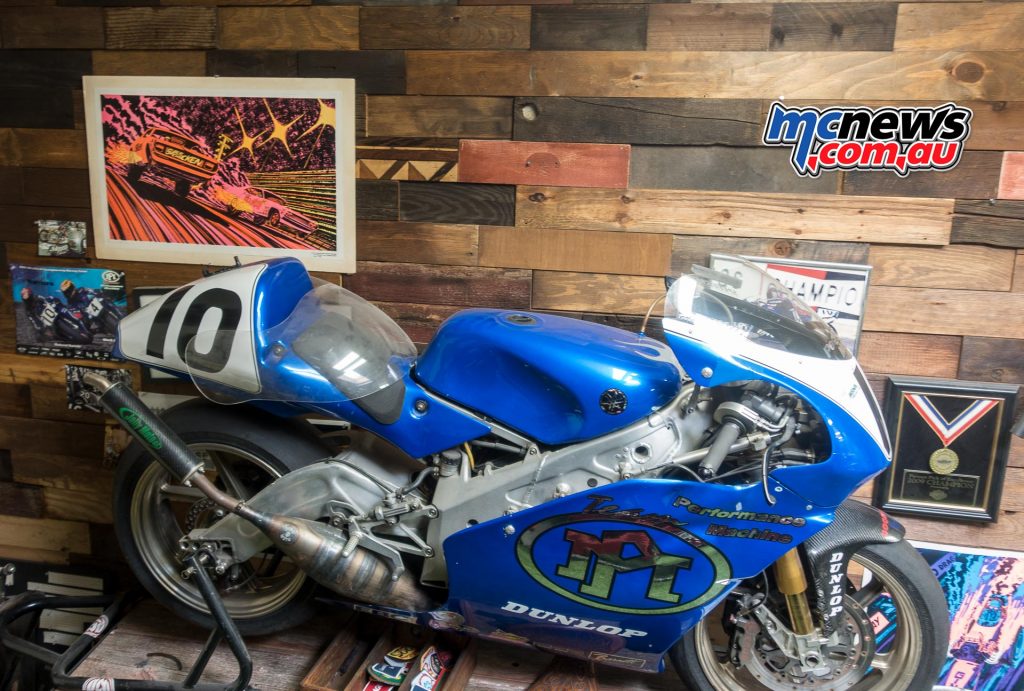
With designing do you prefer sketching and scribbling or do you put some metal together and check what it looks like? Or is it mostly computer based.
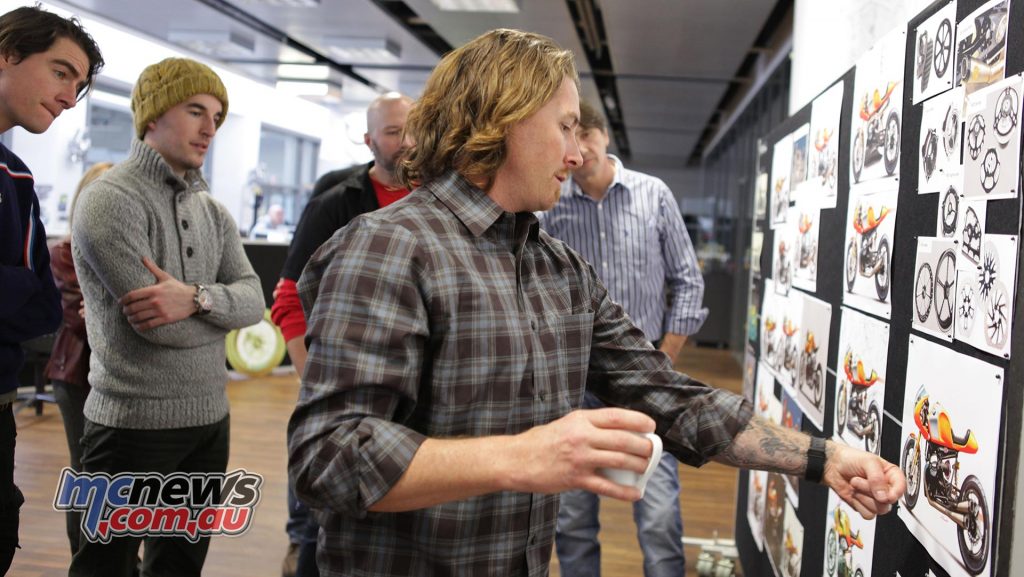
“It’s a little of everything, if I’m selling a bike or have an idea, I’ll have it all rendered out so we know where we’re going. Most of the time I’m down there working with my guys working out how to put everything together.
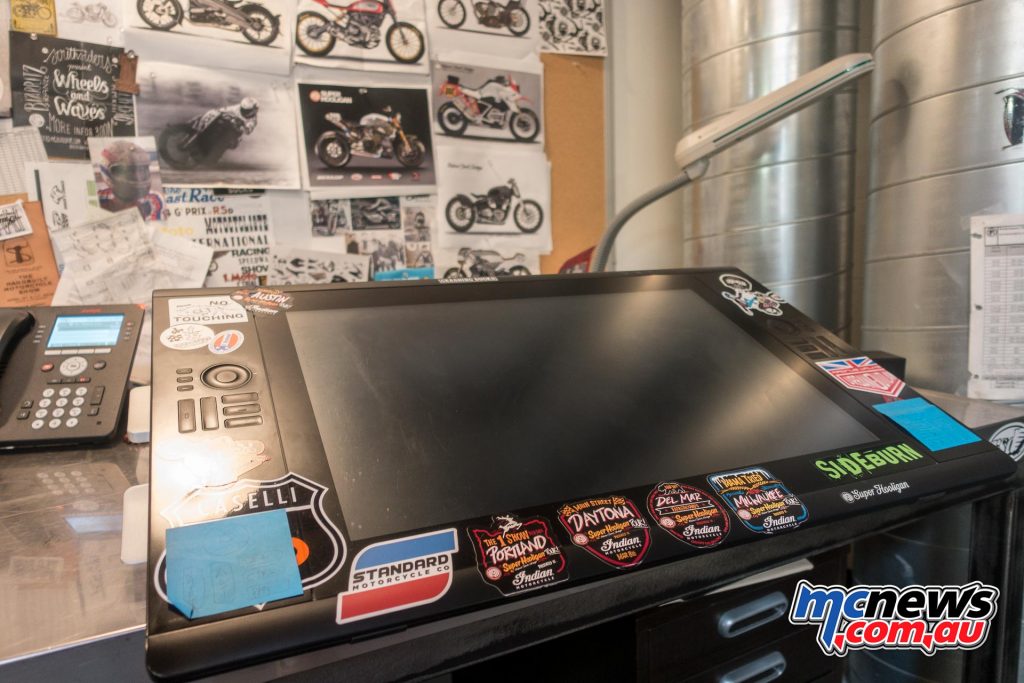
“We’ll mock stuff up, we’ll put pieces together and work to get the silhouette right. Trying different parts like a front fork, or a tail section or a fender eliminator, or wheel sizes. Custom bikes are all about getting the bones of the bike correct, and then putting everything on, all the pretty stuff, after that.
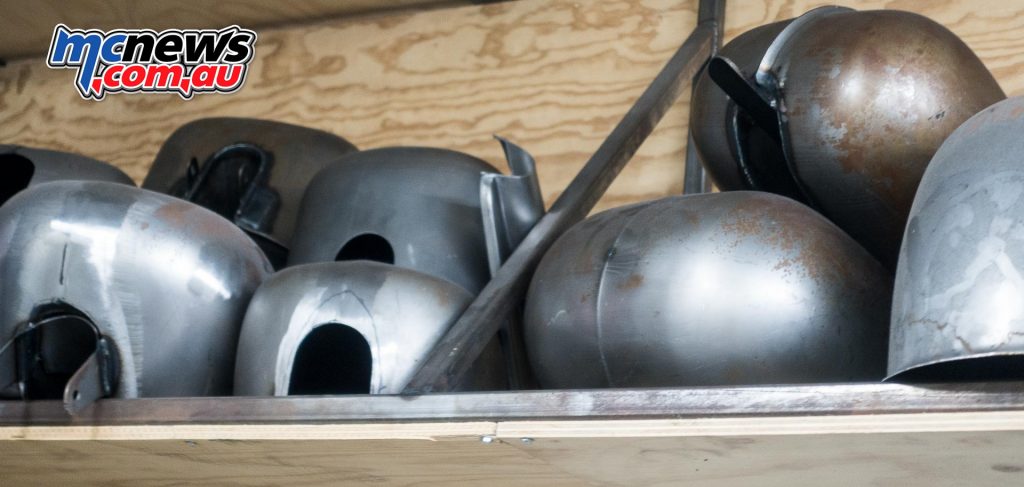
“If the bones aren’t correct then you won’t have a good bike.”
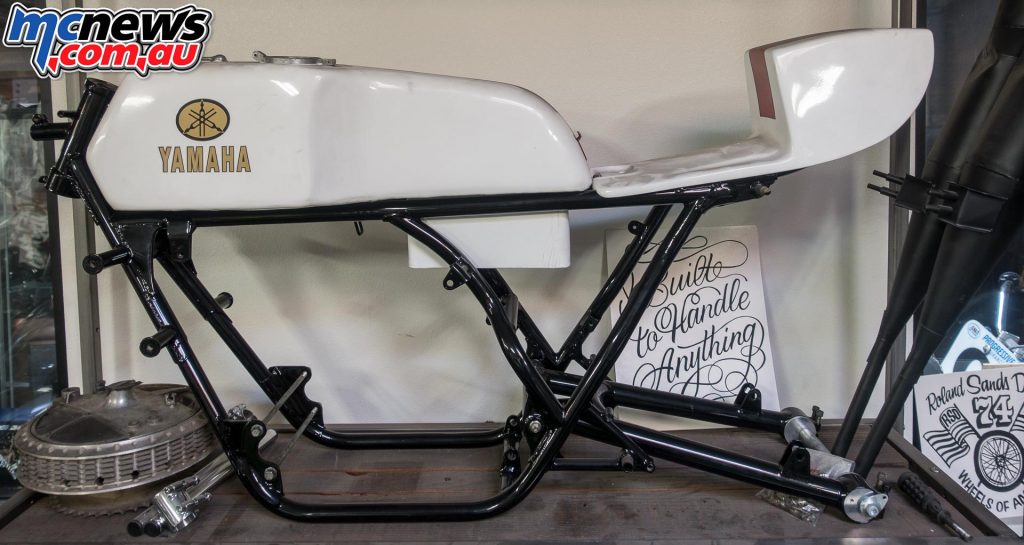
What about electric bikes, do those serve your passion?
“Yeah for sure, I had a blast when I rode the Harley LiveWire, and I had a chance to ride the Alta, that thing is mad. They built a flat tracker out of that thing, and a super moto out of it. I rode it on the street and it’s hard to keep the front wheel on the ground.
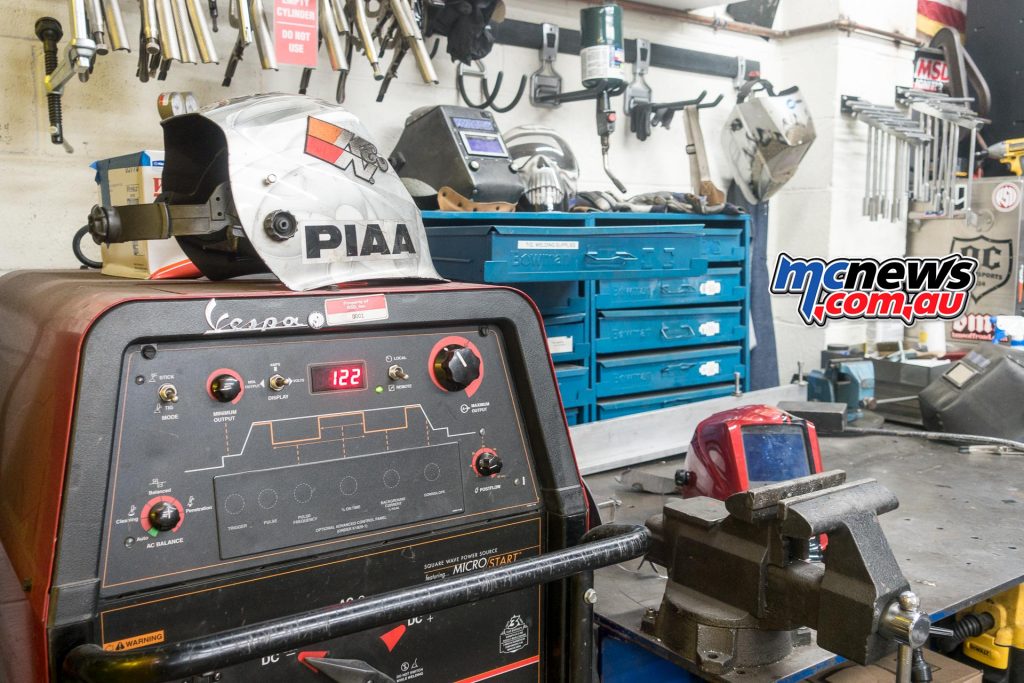
“Anything that gets the blood going, and the throttle hand twitchy. The fastest bike at Pikes Peak was an electric bike, that says something.
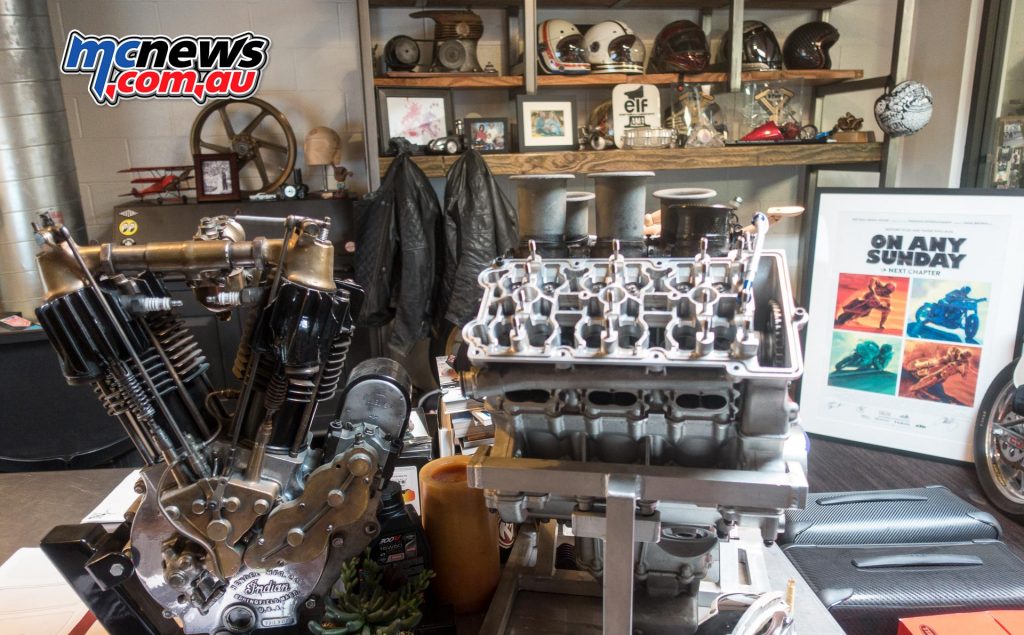
“I think aesthetically you have a whole new set of parameters to work with on an electronic bike. It may not at its core be as beautiful as a fuel motor, but you’ll be able to come up with something completely new.”
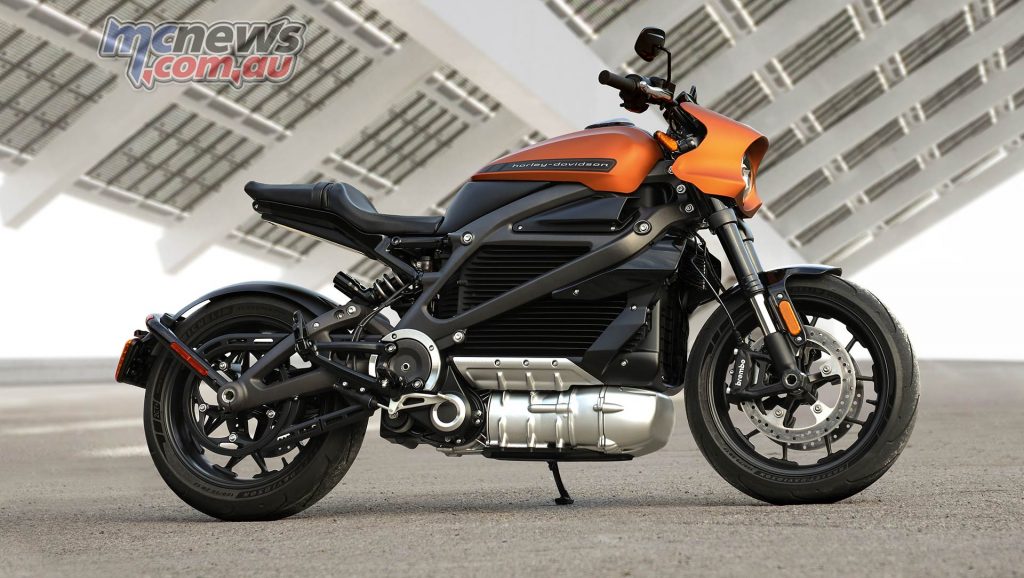
Are there any new metal finishing techniques or any processes, 3D printing, or anything you find yourself using more these days?
“We’re using a lot of different techniques to get our products to where they need to be quicker. 3D printing is a huge part of that. There’s also new stuff and finishes we’re working on, but I don’t want to talk about until we’ve got it on the market. But we’re always exploring new ideas. Customers are always evolving, in what they like, and the style that they like.
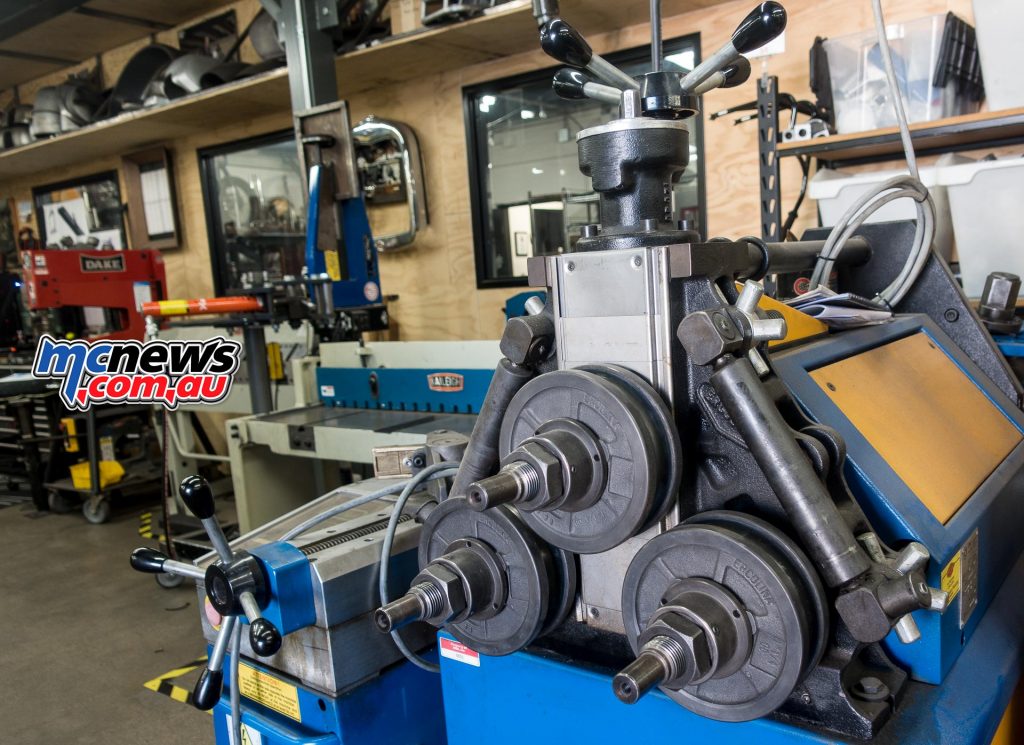
“We came out with our Black Ops finish (Link), so whether we have different colours like that, it’s a matter of giving people unique things. Then when they build a motorcycle they can do something unique no one else has done. You just don’t want your bike to be the same as the guy next to you. You don’t want to be on the exact same bike and looking at each other.
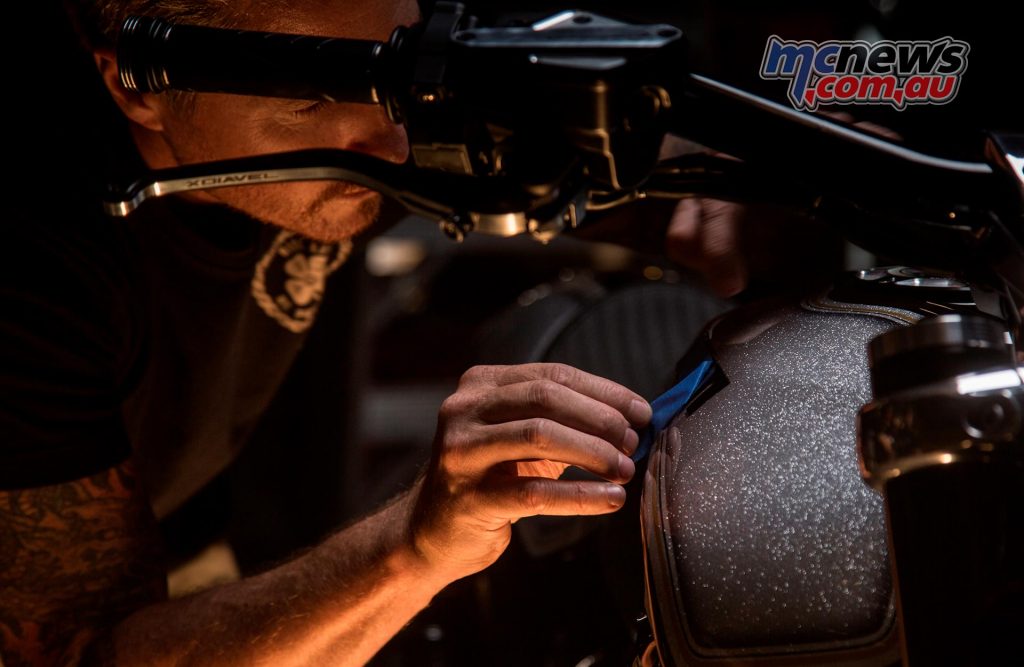
“So it’s cool to be in the position where we can give people those options.”
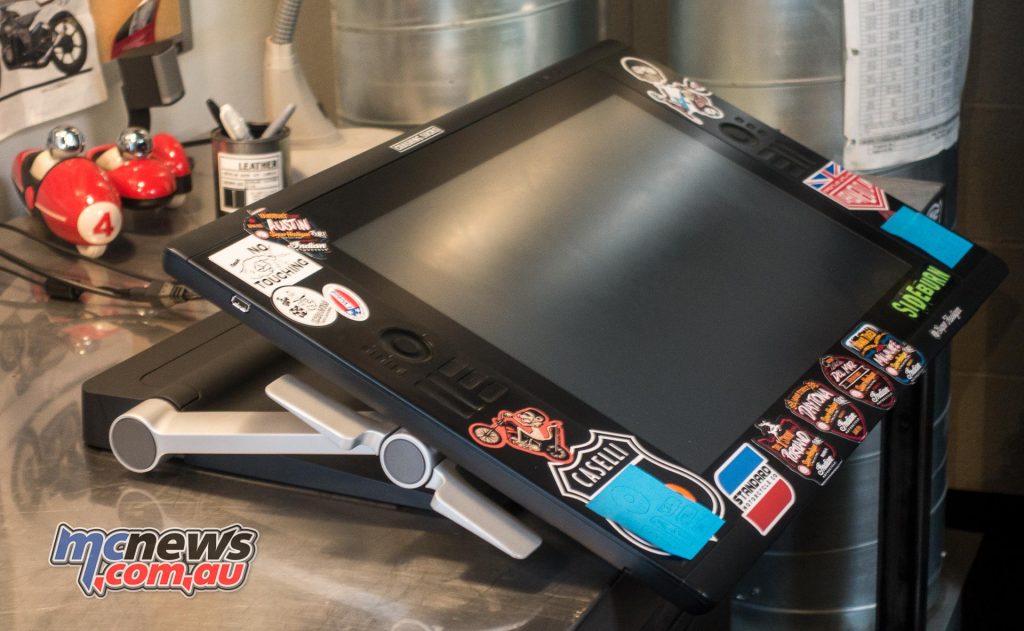
Where’s the inspiration come from, for the new designs?
“Sometimes it’s just as simple as sitting down with the new bike, like the new Harley, and we’ll sit down and we’ll look at that motorcycle, and see what we want to do to it, and what we can modify.
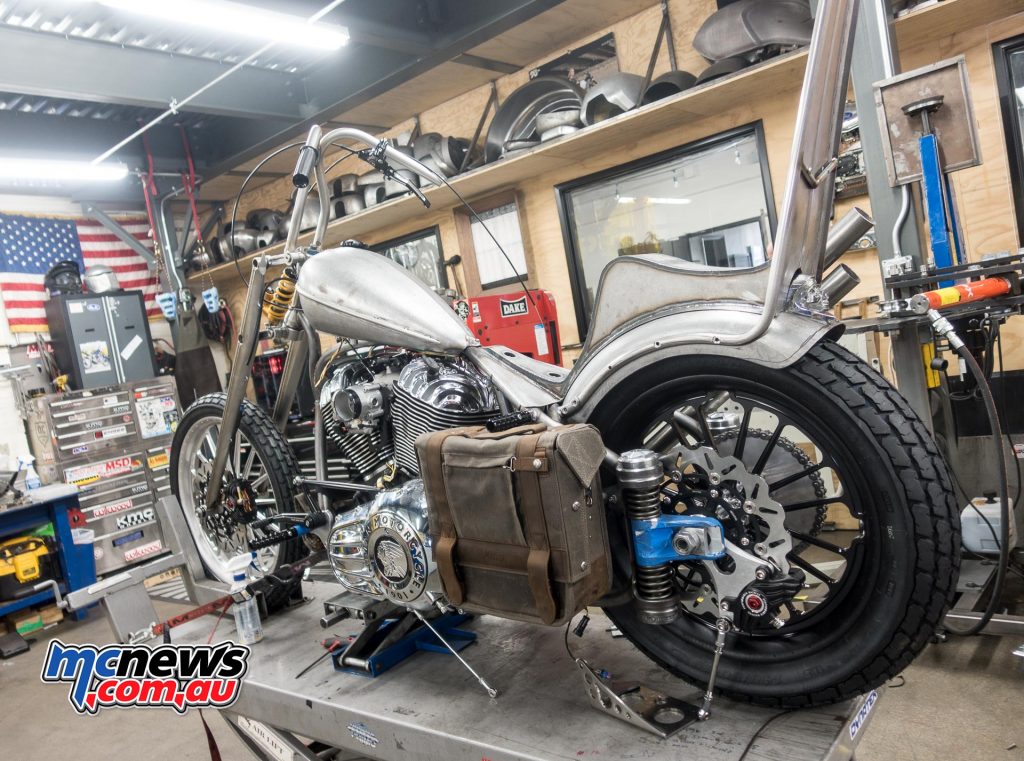
“We’ll pull parts off it, we’ll start deconstructing it, and then we’ll say, what can we do to make it a better motorcycle, more fun, aesthetically better. Harley have always done a great job of providing a platform for customisation.
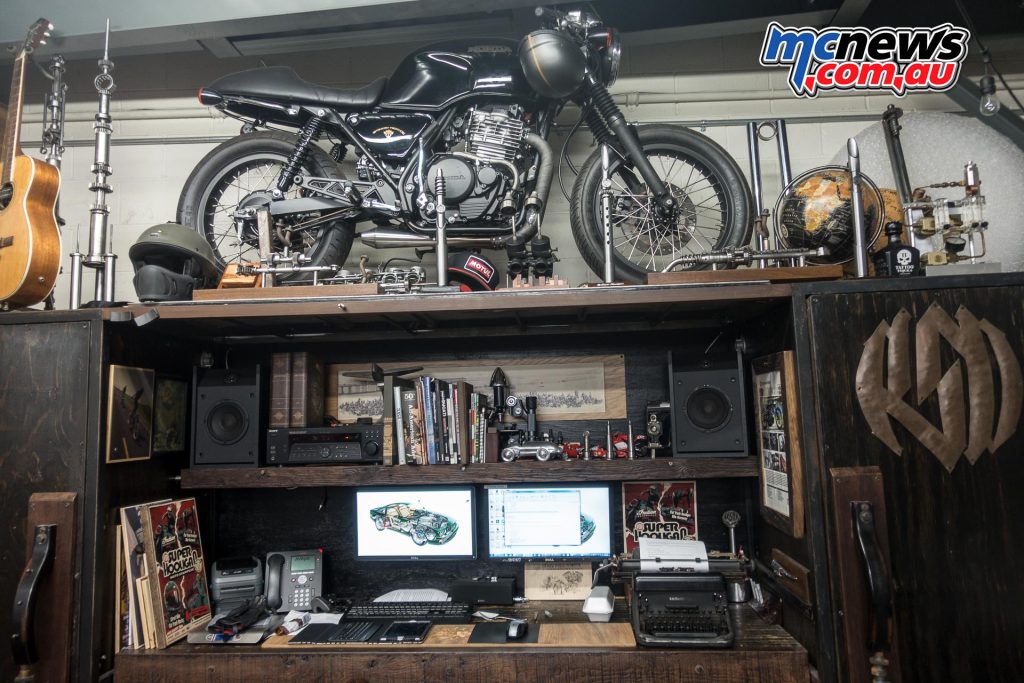
“I think this one will provide a better platform than most, it has this really simple architecture, once people get over the swingarm, it’s a single shock swingarm bike, it’s going to work. Once people get over that and figure out how to construct some things to go on one… that’s what we do.
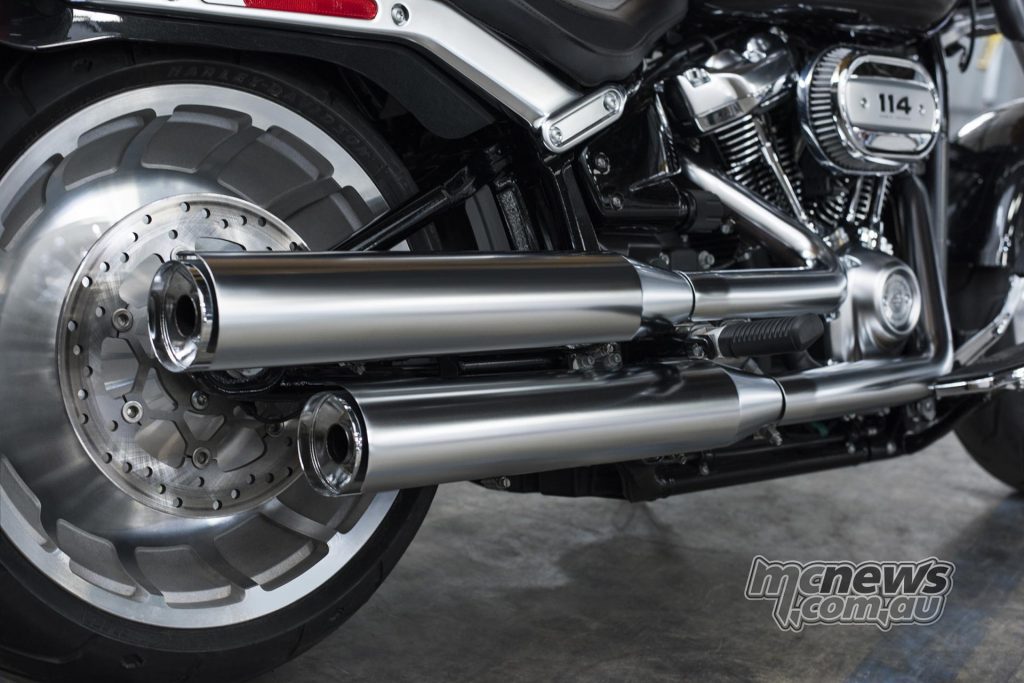
“I’ll strip the bike, look at the architecture of the frame, look at how the motor sits in the frame, look how the swingarm lines up with the top of the frame, the shock placement, the geometry of the frame.”
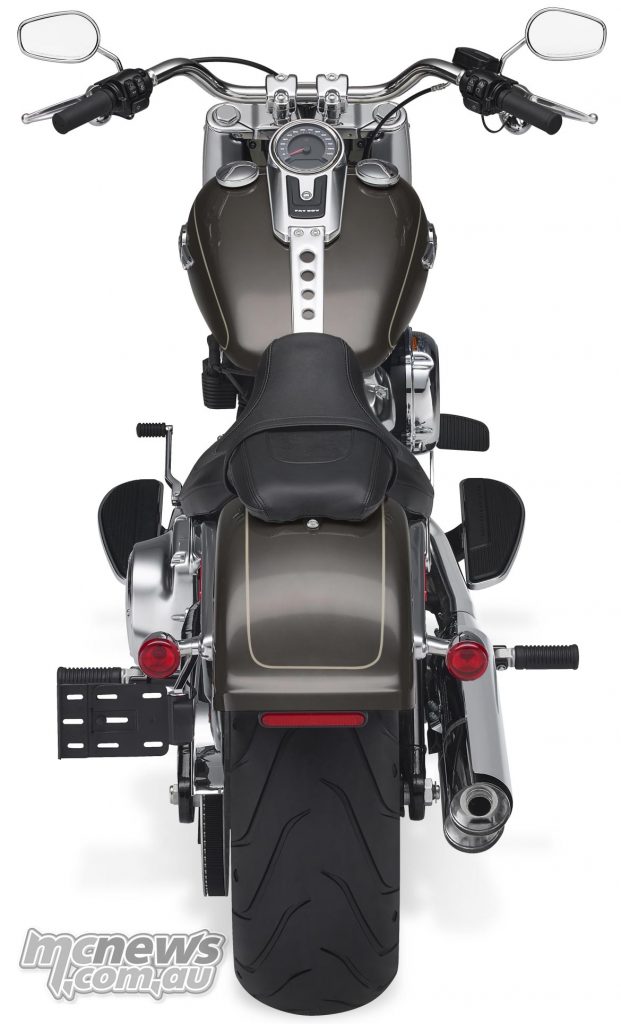
Talking about the engine and styling for an electric bike, how do you approach that?
“I thought the LiveWire was a pretty cool execution of it, but I like how they did use some cues to motorise it, I mean if I was going to design one from scratch I would try and make the electric motor part of the design rather than just covering it all up. But it’s all getting started.
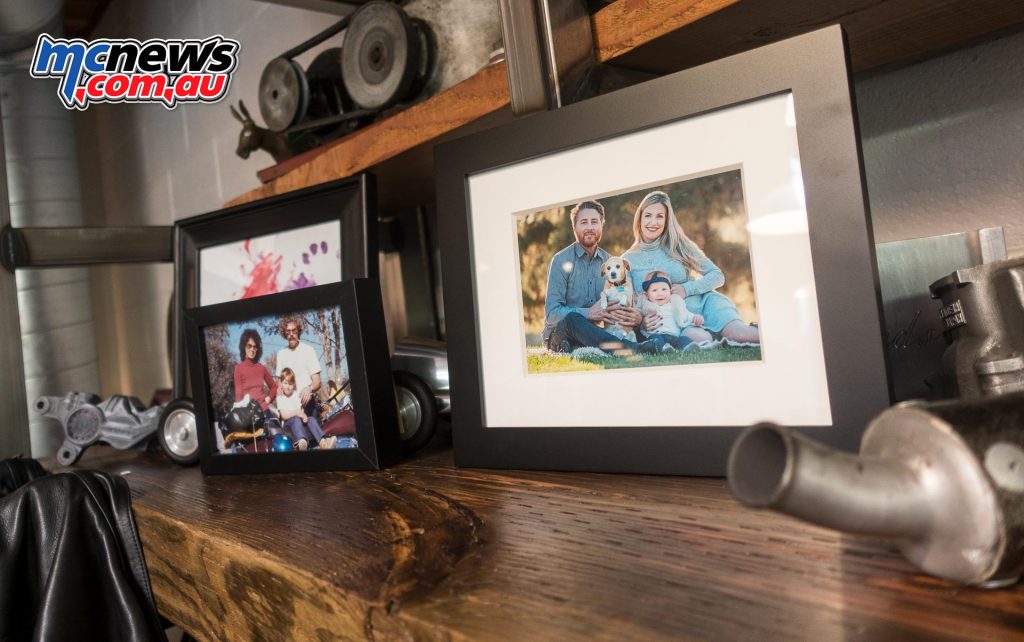
“People just want to ride motorcycles and do big miles. You get on a motorcycle and the last thing you want to worry about is if you’re going to get stuck out somewhere because you don’t have a battery charger. Until they can figure that out, it’s going to be difficult for anybody to make an electric bike.
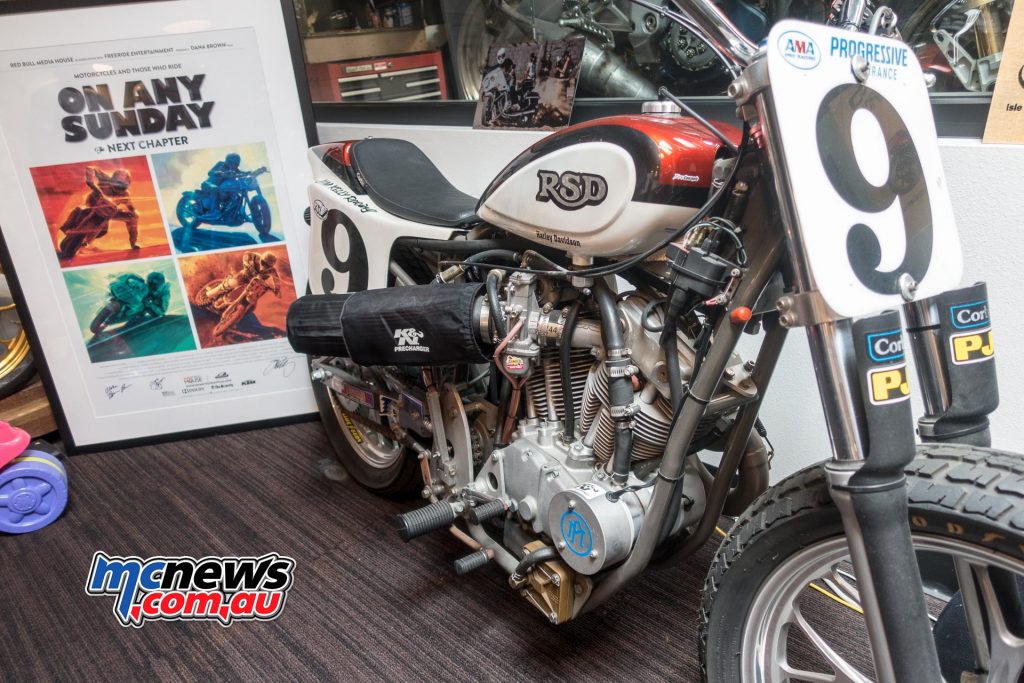
“I don’t really want to sit around for two hours and wait for my motorcycle to charge, and on a motorcycle it’s a bigger deal as you have a smaller battery. You don’t want to be saying I don’t want to ride hard or how will I get back.
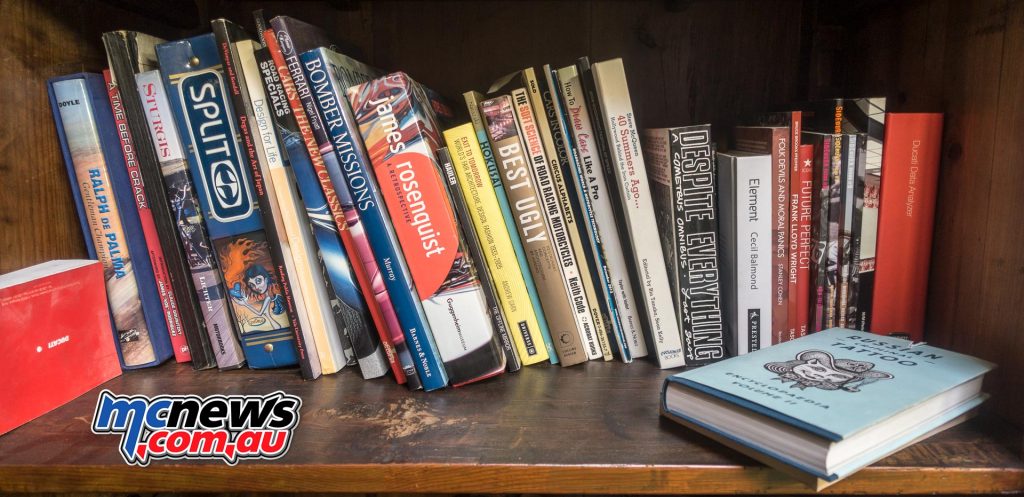
“So I mean it’s still a bit of a toy, for city bikes it’s perfect, get to work plug it in, get home plug it in, but if you guys did it, it wouldn’t make sense [for big miles]. At least until they have a huge breakthrough with batteries, which they haven’t had in a long time. I really hope they do…”
Did you have any formal design training.?
“No, I just grew up in a bike shop and around motorcycles, I worked in a machine shop for a very long time, so I understood how to make things. I watched my Dad build drag bikes, and sand drag bikes, and you guys know who Bob Correll is? He built a jet bike, and then a kite bike, and he could jump the bike with the kite, in the coliseum back in the day.
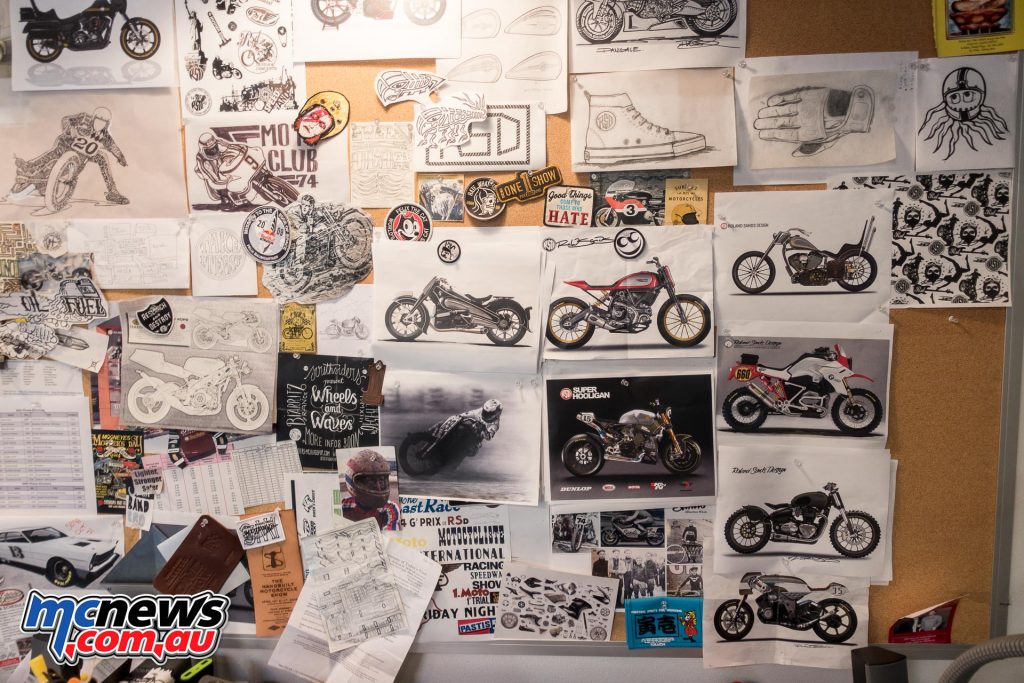
“But I watched some really crazy stuff when I was younger, so I always had this bigger view of what was possible.”
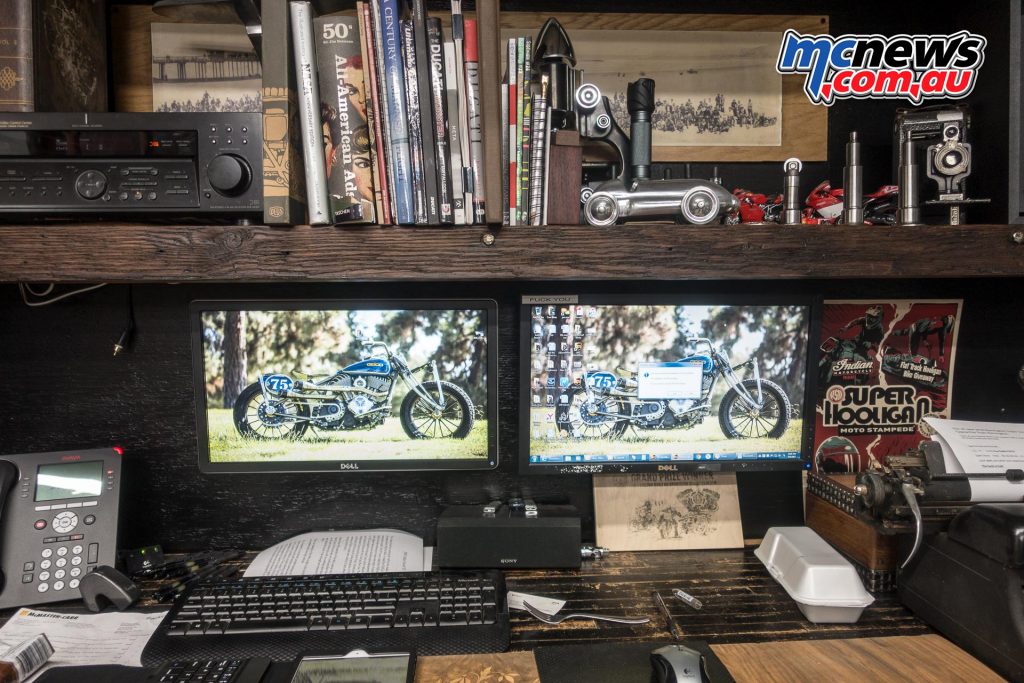
Which of your custom bikes, which you don’t have any more would you most like to have back in your possession?
“Probably my first bike, a sportster flat tracker, I have no idea who has it, but it was clean frame, it actually had clip-ons on it, like a little road racer, 17 inch wheels, road race forks, carbon body work, I built it when I was 18. I’ll find it someday, it’s sitting in someone’s garage.”
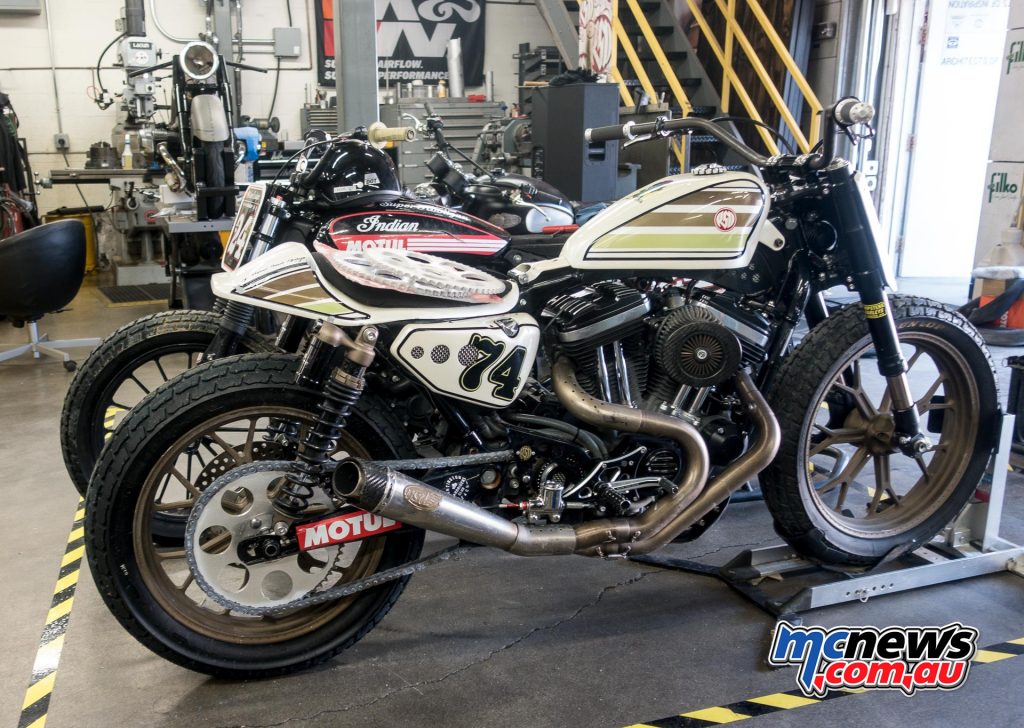
Working on any projects for any companies?
“We’ve got a few projects going on with BMW at the moment, definitely Indian projects going on, and there’s a lot of customer builds.”
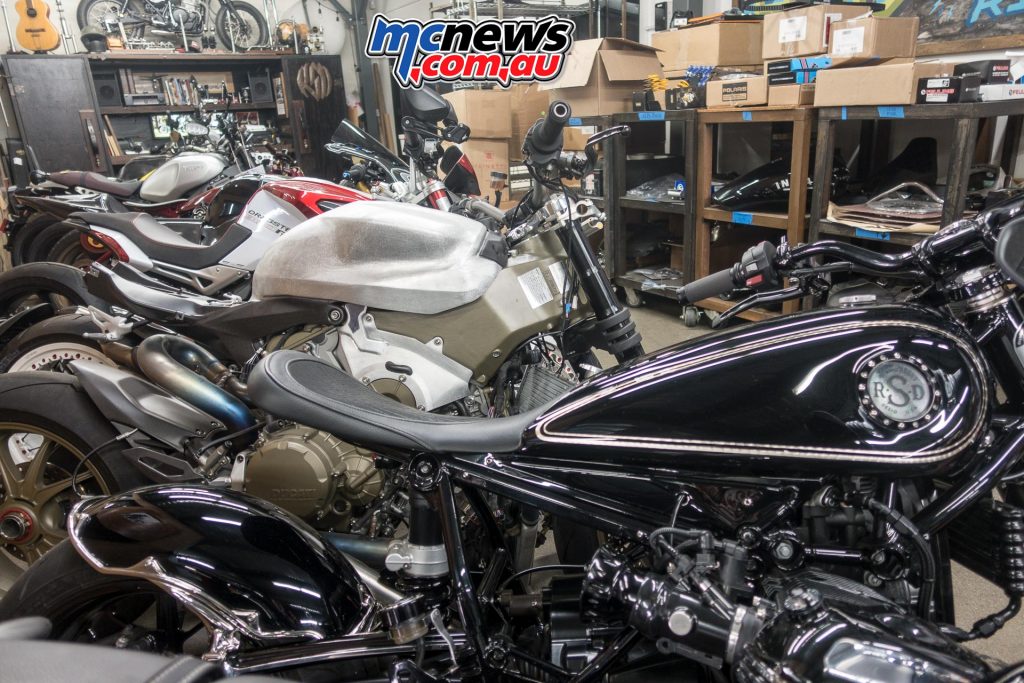
Any famous people? I see Brad Pitt’s bike downstairs.
“Yeah, but I can’t possibly talk about them, some of my customers just don’t want that.”
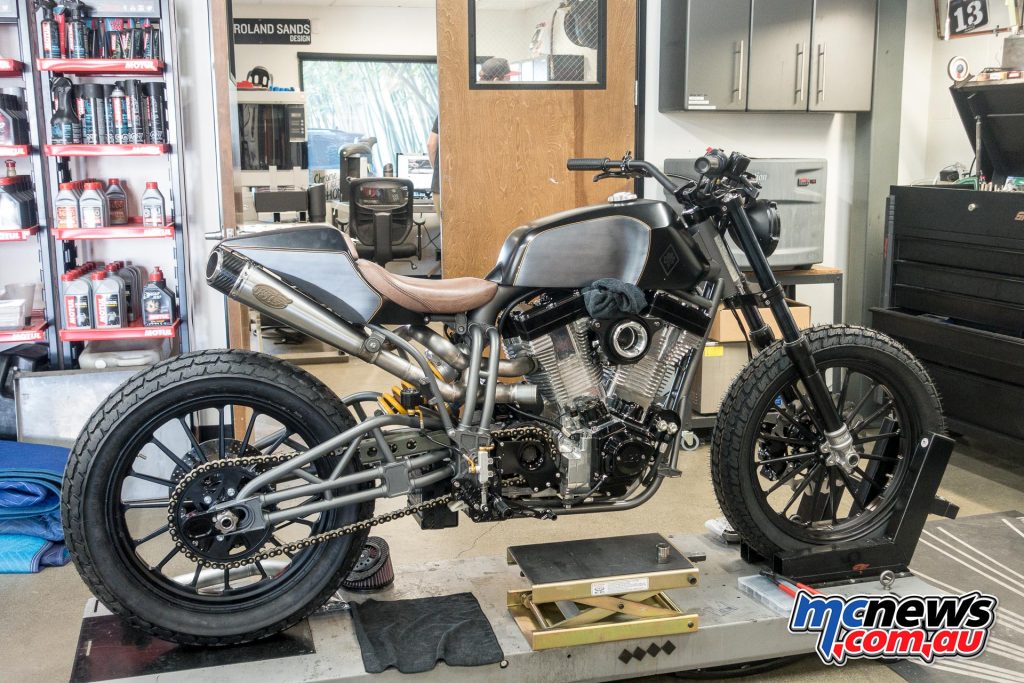
Do you still have the pressure time wise as far as builds go?
“Every fucking day! Yeah we’re throwing this event and its turning into kind of a beast, so I’m dividing the days I have for meetings.
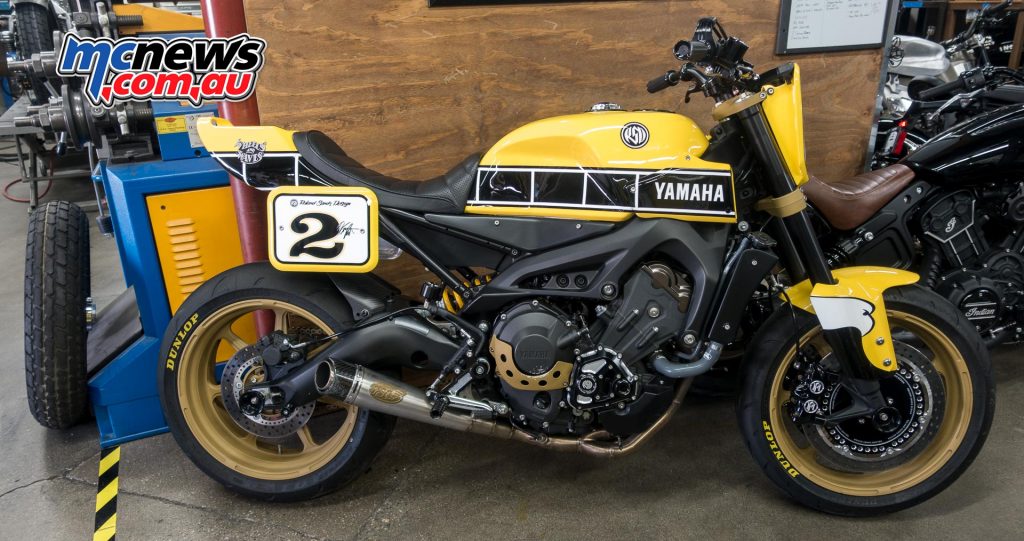
“I have customer deadlines and you need to finish bikes to make money, and you have to put the nail into the coffin. If you have a bunch of half finished products, you have no money.”
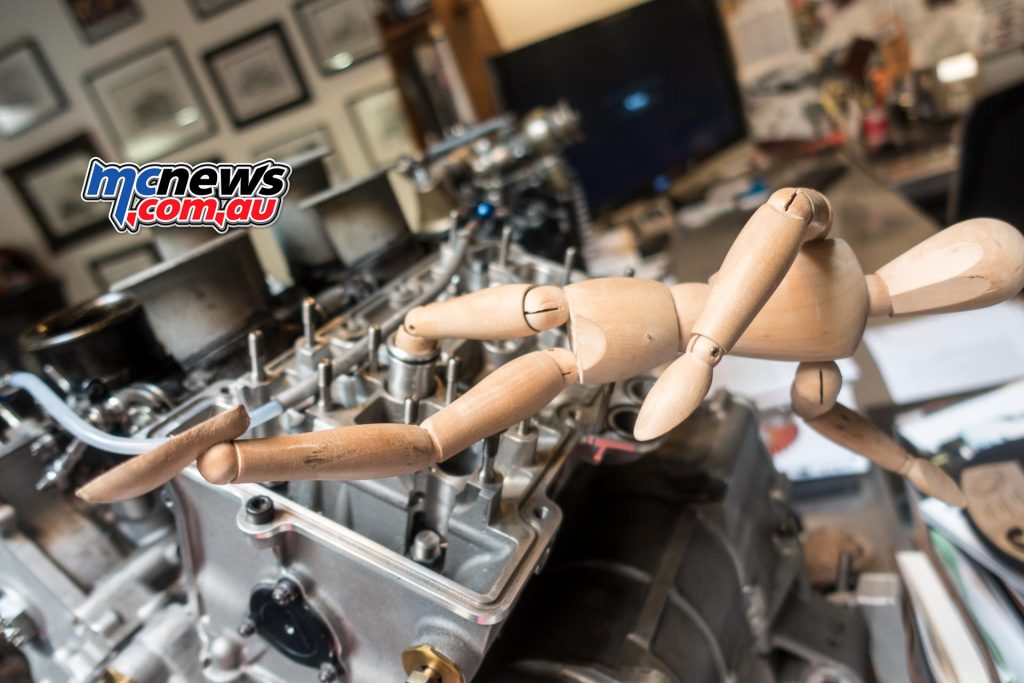
How many staff do you have on the tools?
“We have two designers, and everyone works on everything. I have a project designer who races as well. Two in the shop, one chief fabricator and a mechanic. It’s not a massive stack to be building the bikes. My design staff are constantly working on Indian or truck projects, and a bit of off road stuff too.”
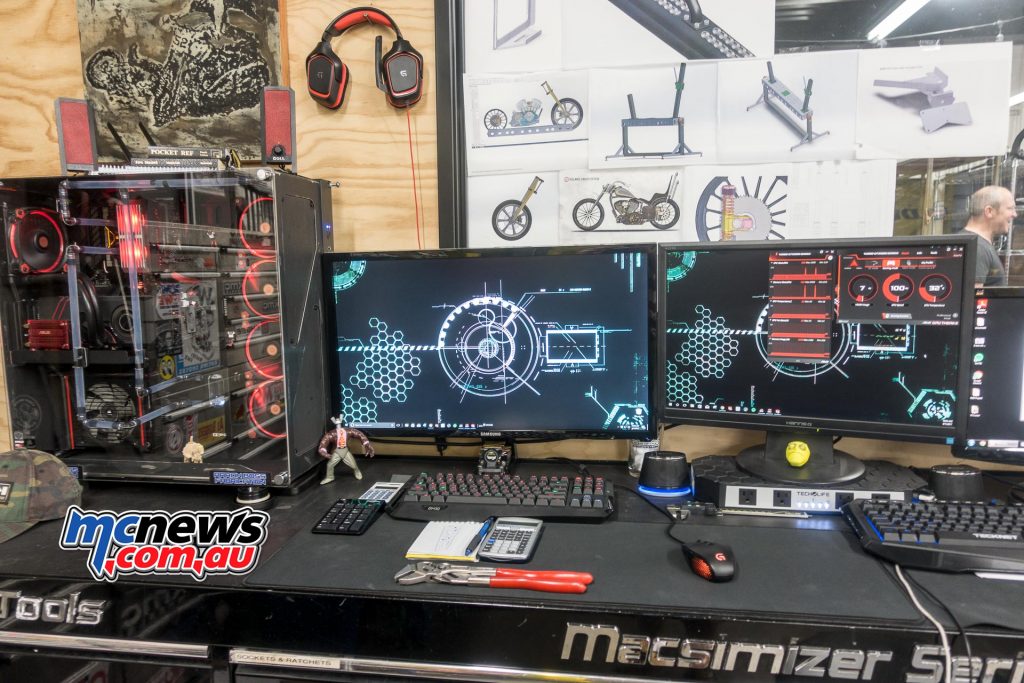
Are you a designer or a mechanic at heart?
“My heart is a motorcyclist, I’d rather ride a motorcycle than work on it any day, but I get a lot of satisfaction from bikes. I’m on the phone, on the emails, doing everything I can to keep everything coming in. I wouldn’t trade it for anything else, I’m a pretty lucky guy. I have a lot of fun and meet a lot of cool people.”
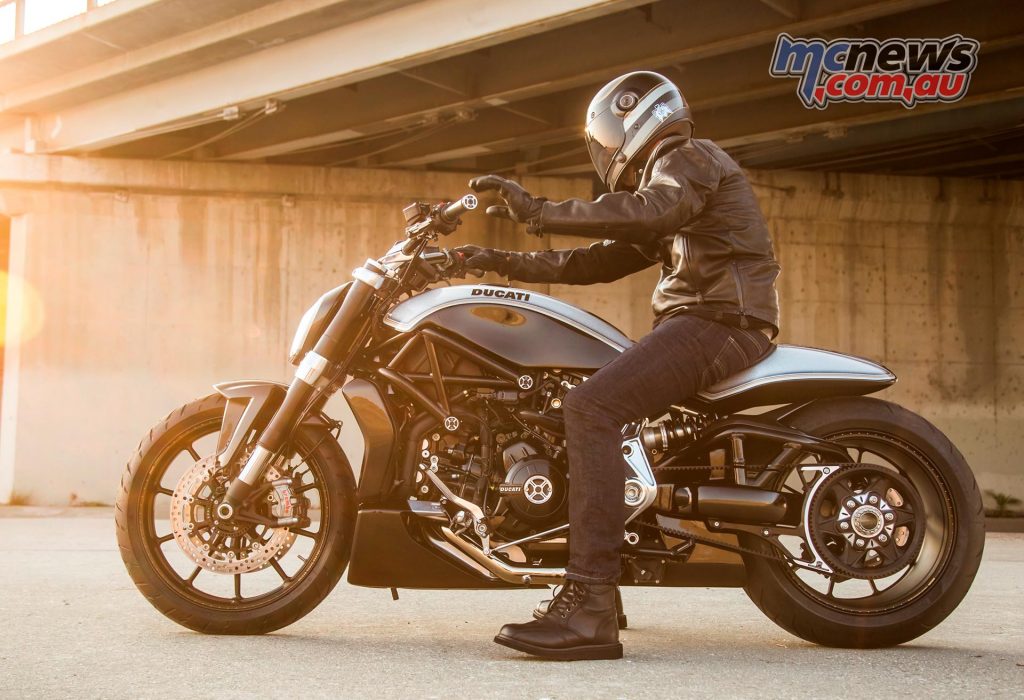
Your thoughts on a design point of view for the MotoGP bikes. When you saw the new Ducati fairings, what were your first thoughts?
“You know it’s hard, because to see something in photos and not in person, I don’t like to comment. But seeing them on the race track and watching them win, they must work… I think it’s pretty wild, and I don’t mind building out of the box.
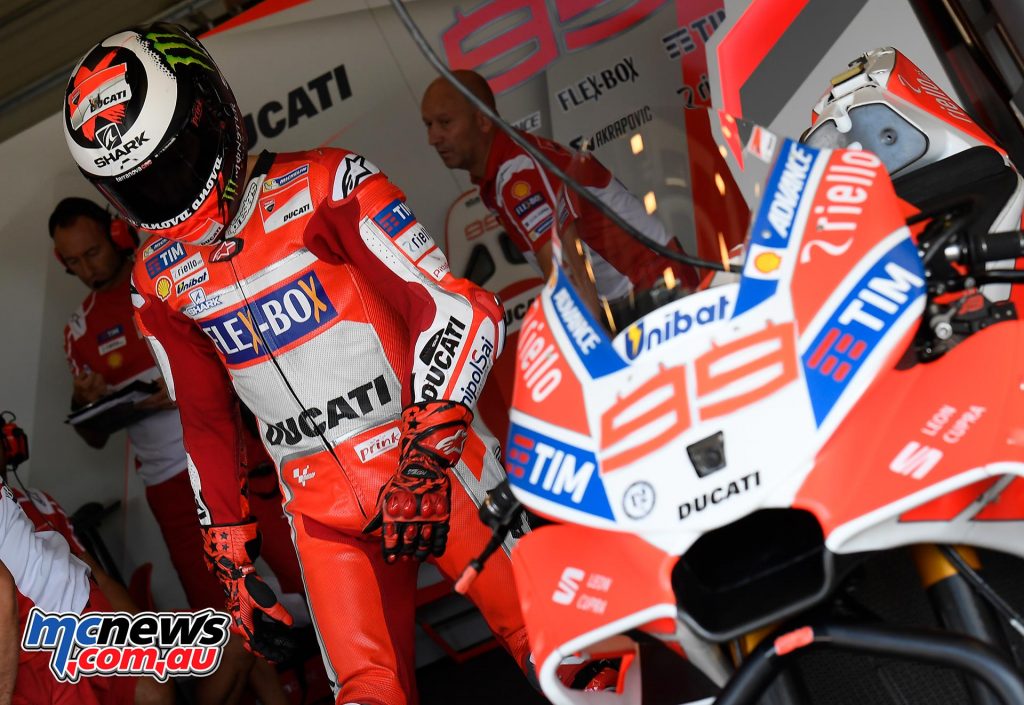
“Before they had these wings hanging off them, I wouldn’t want to get impaled on one of those, so the fact that they kinda connected it now, makes it safer.
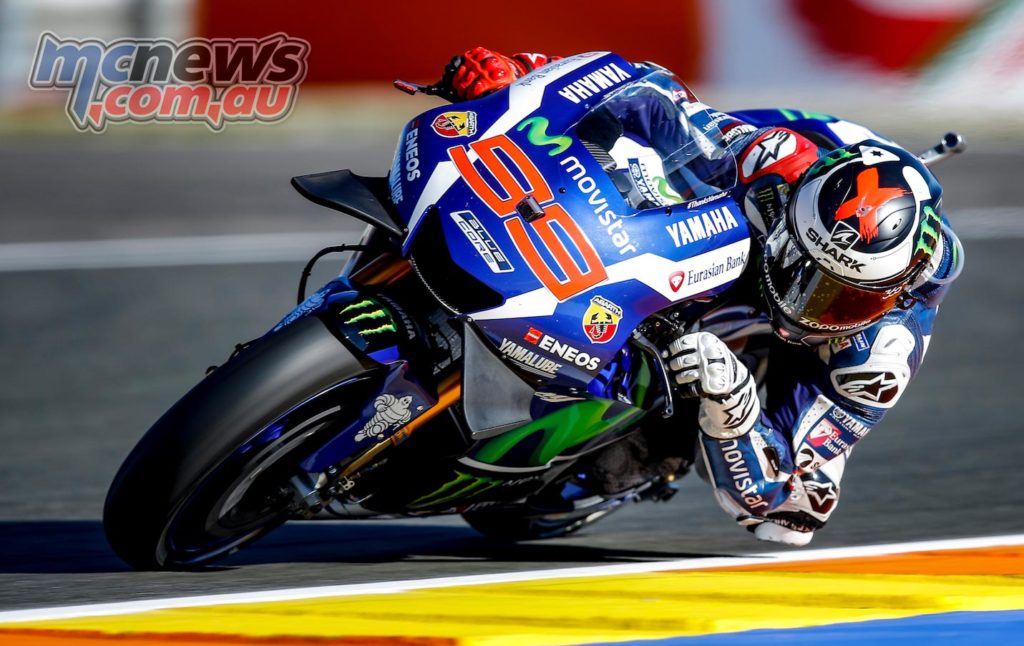
“Things are polarised now, and new things polarise people. BMW came out with this hood, and the hood and back of the car had this weird shape to it. People freaked out. Because people want to keep shit the same.
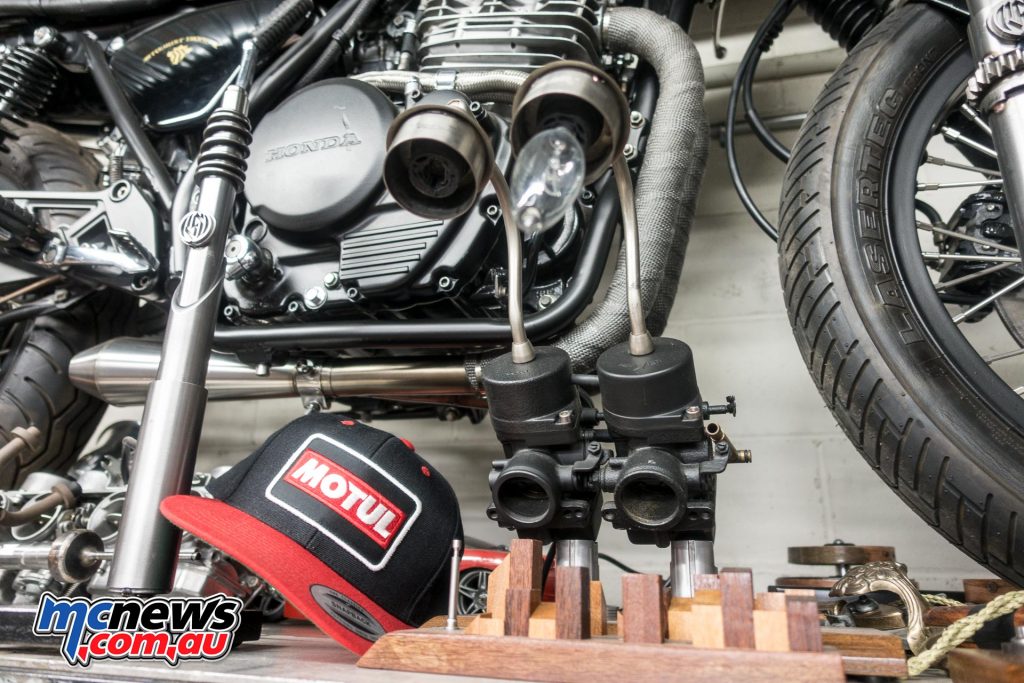
“A few years on, everyone’s looking at it and saying how much they liked it when it came out… Because by then people are used to it.
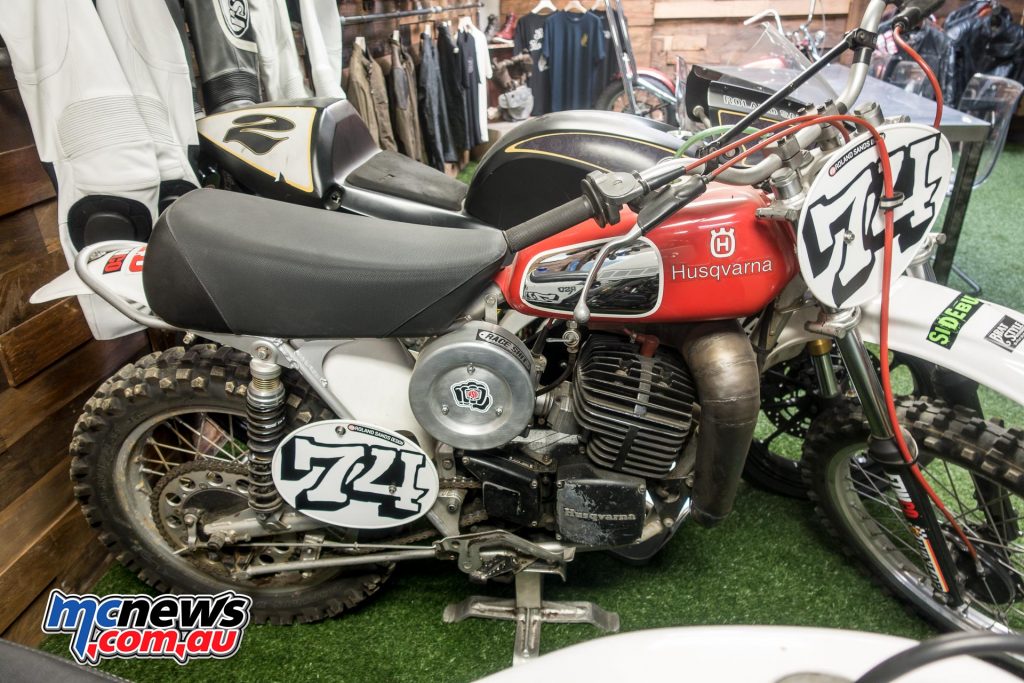
“I try and reserve a real partial judgement and let things marinate first, and let them become part of the culture or the scene. That Ducati is different, it’s wild, it may not be something you at first think is beautiful, but then you see it in action… I don’t hate it.”
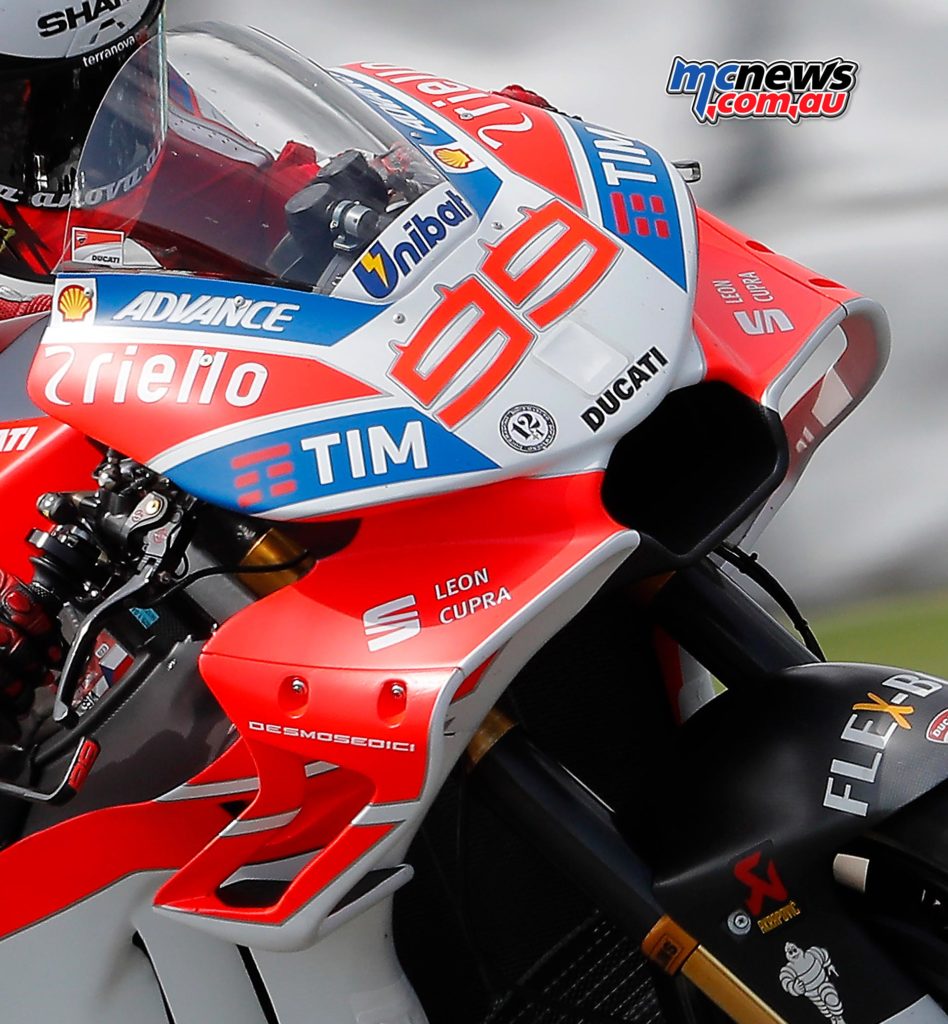
Your work always seems to have a heritage, a constant reference to the past, is that how you see your own work?
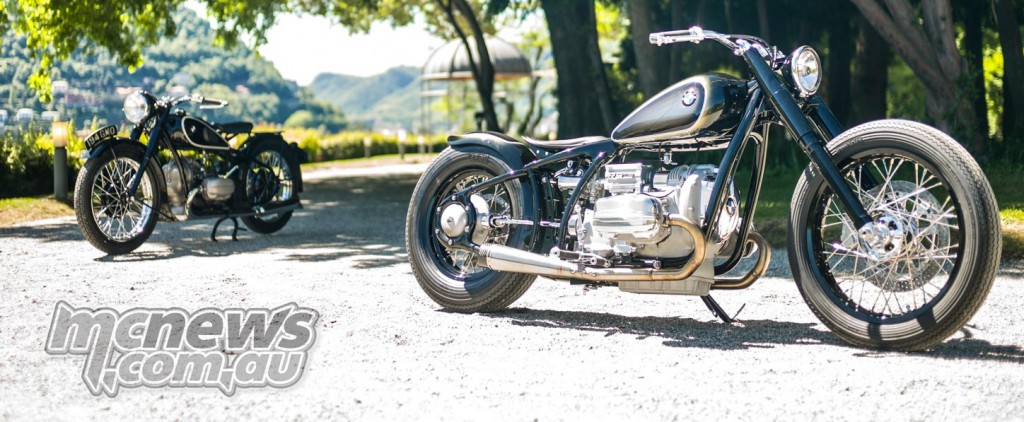
“Yeah, I think the past is really important and I’m not one to duplicate the past, I try and take what I know from history and put it into our work.
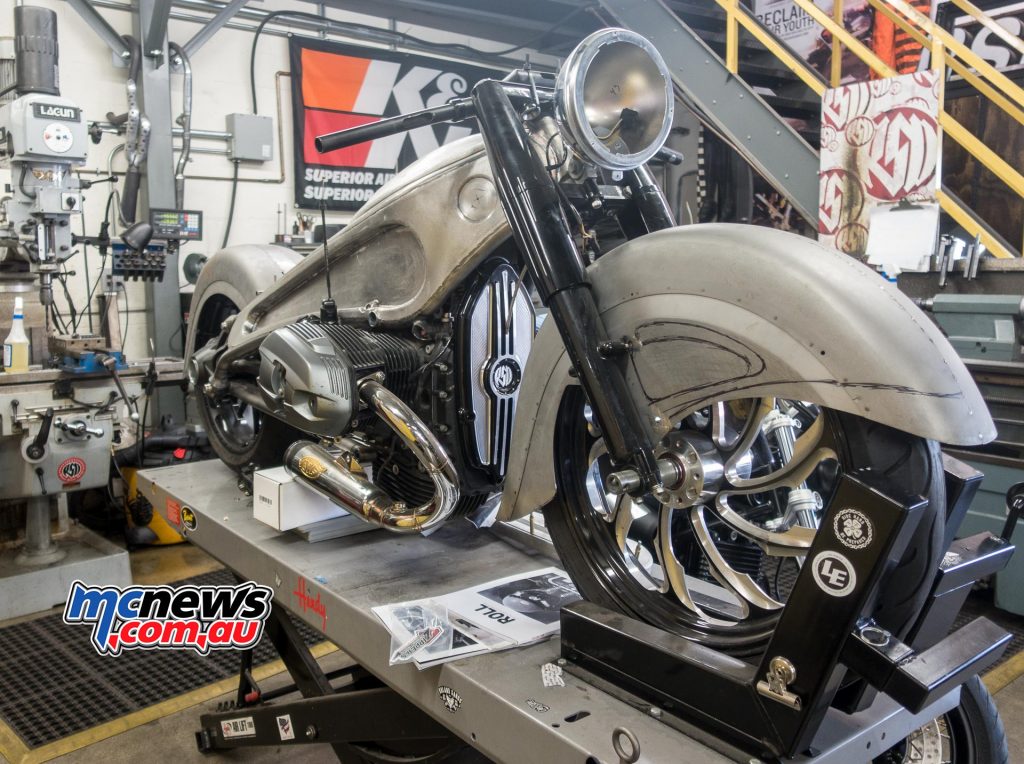
“I always want to take it into account, what’s been done before, and a lot of people will say they are the first to do this or that, but everyone’s done everything.
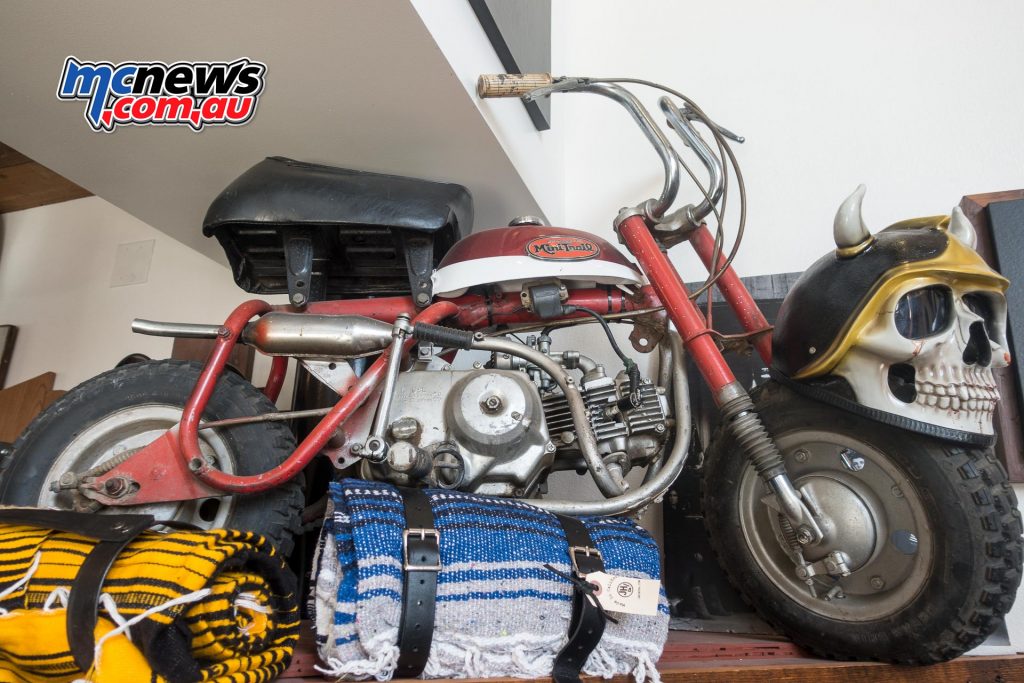
“Some people do it better, some are creative and combine the right things. You take a café racer and a factory racer and smash them together and what do you get? What do they look like in your head? We make those thoughts a reality.”
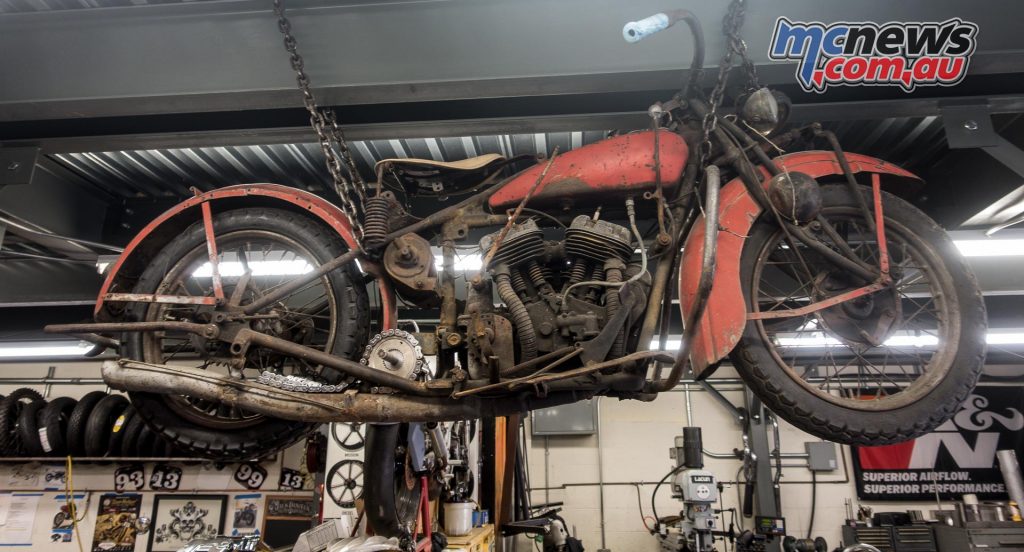
The BMW R nineT that you did, the R5, were you hoping that they [BMW] might take that into production, or is it something you’d like them to, as that’s a big hole for them.
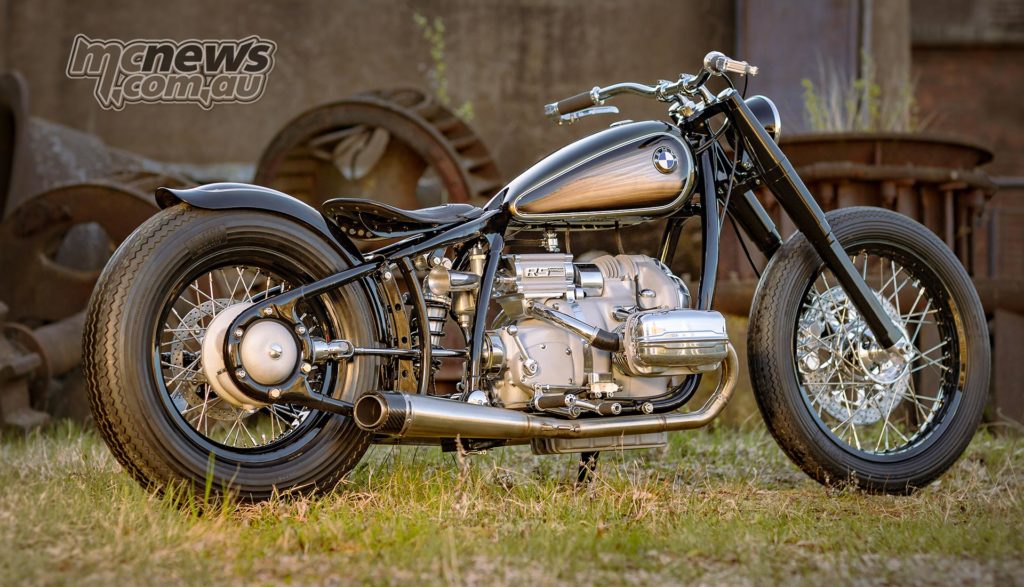
“It’s a huge hole for them, I’ve discussed that with them, but they’ve taken some different routes with their projects, with their bikes, but that bike as a cruiser, as a bobber, I think that’s a missing hole for them.”
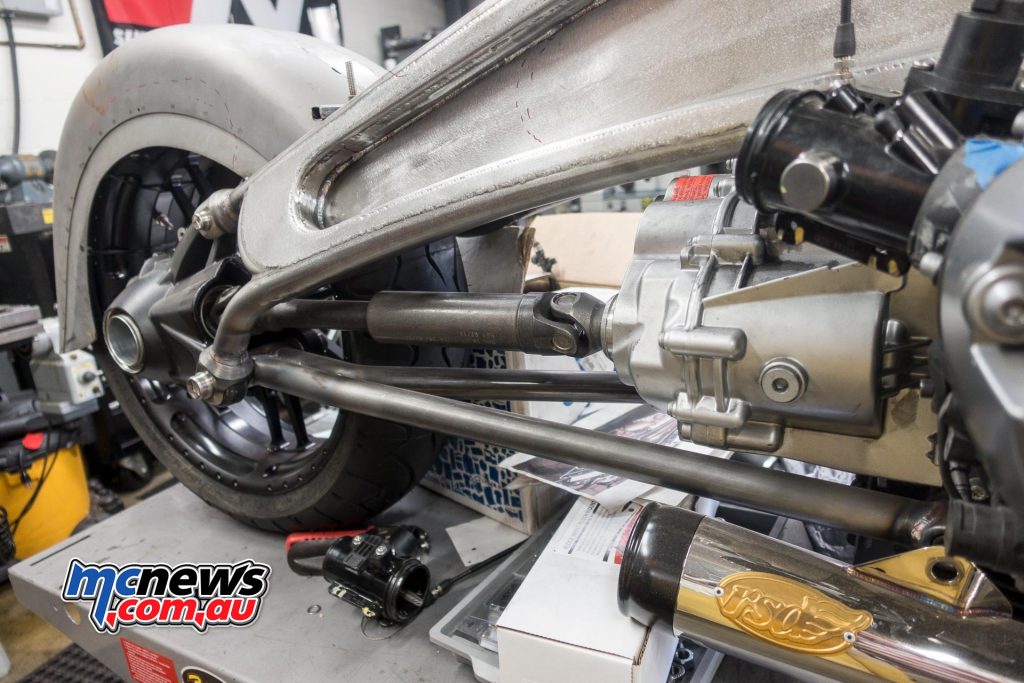
What was it like working with Ola? He’s a custom bike person going way back… but BMW is so corporatised… Does it hurt the bike has been so corporatised for the mass market?
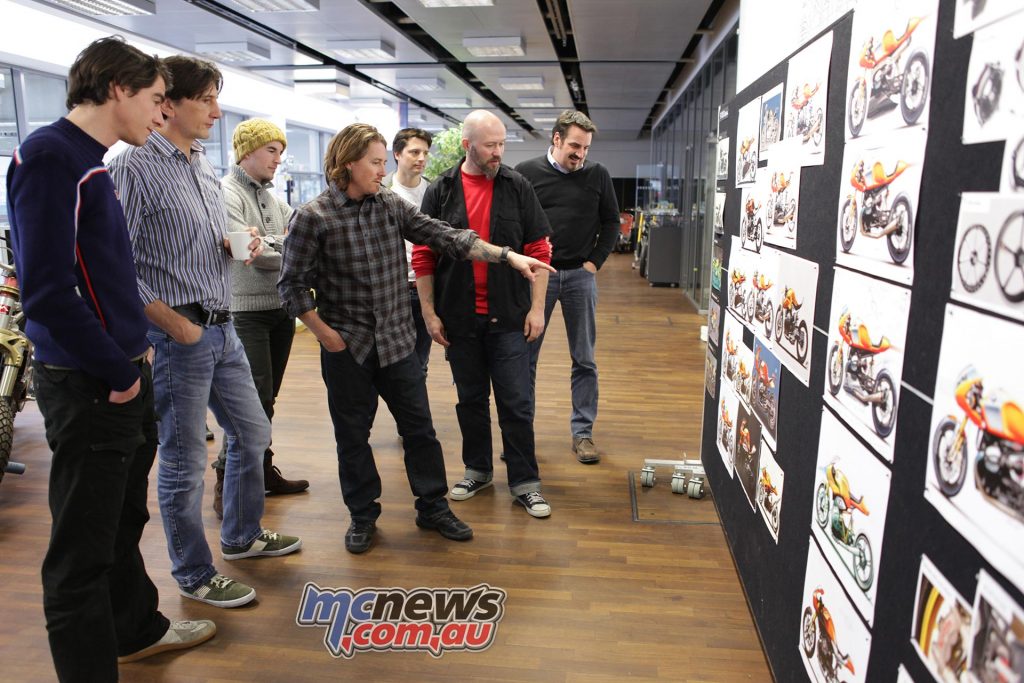
“It was awesome, but if you work with the OEMs that’s just what you have to deal with. We work with more of them than anybody. We do our best to bring a flavor to each of the projects.
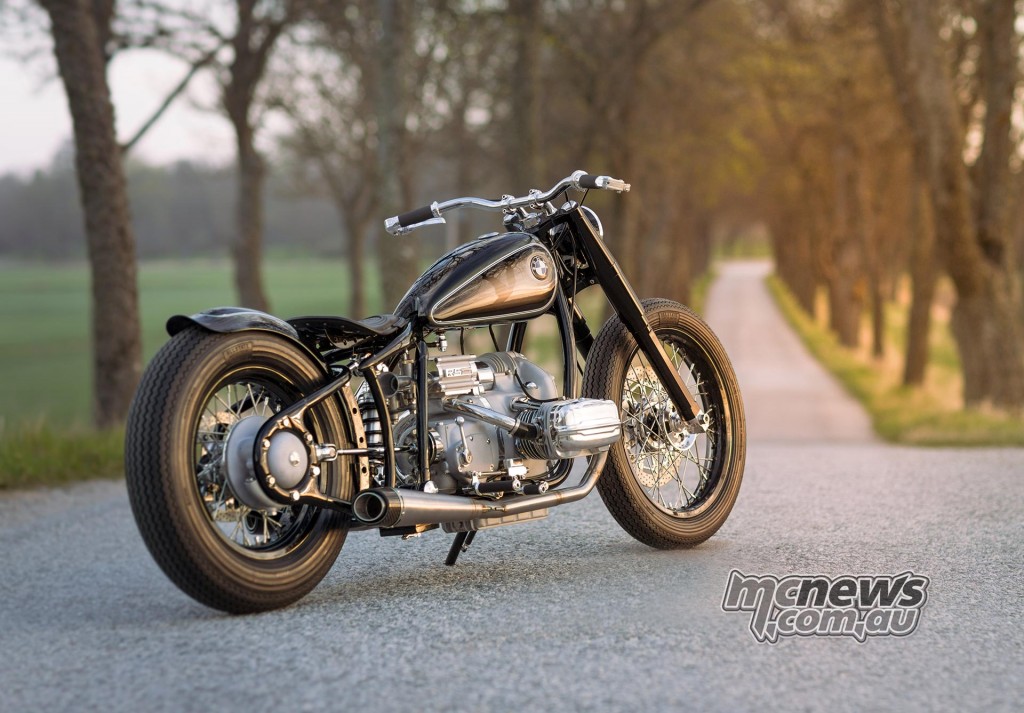
“A lot of people say how do you work with so many of the OEMs, at the same time. I try and separate the projects, compartmentalised, for different consumers and different customers.
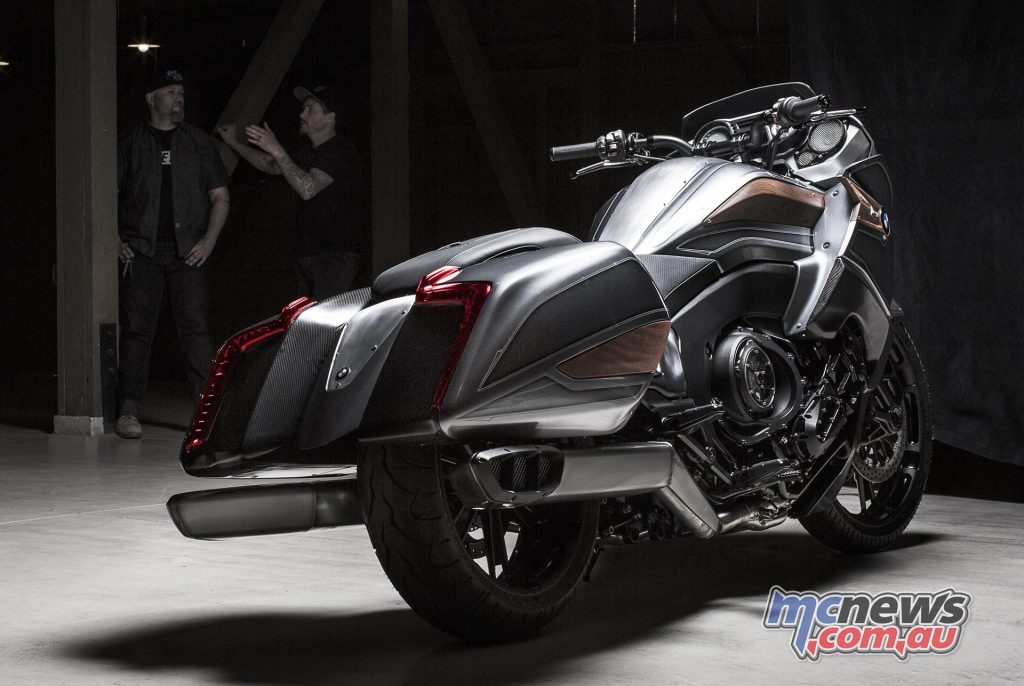
“I don’t know, it’s really fun, as we get to work with designers. I speak that language, and it’s one of the most interesting things you do, to come together and see a vision. It’s hard for them to do internally, to do what we do for them.
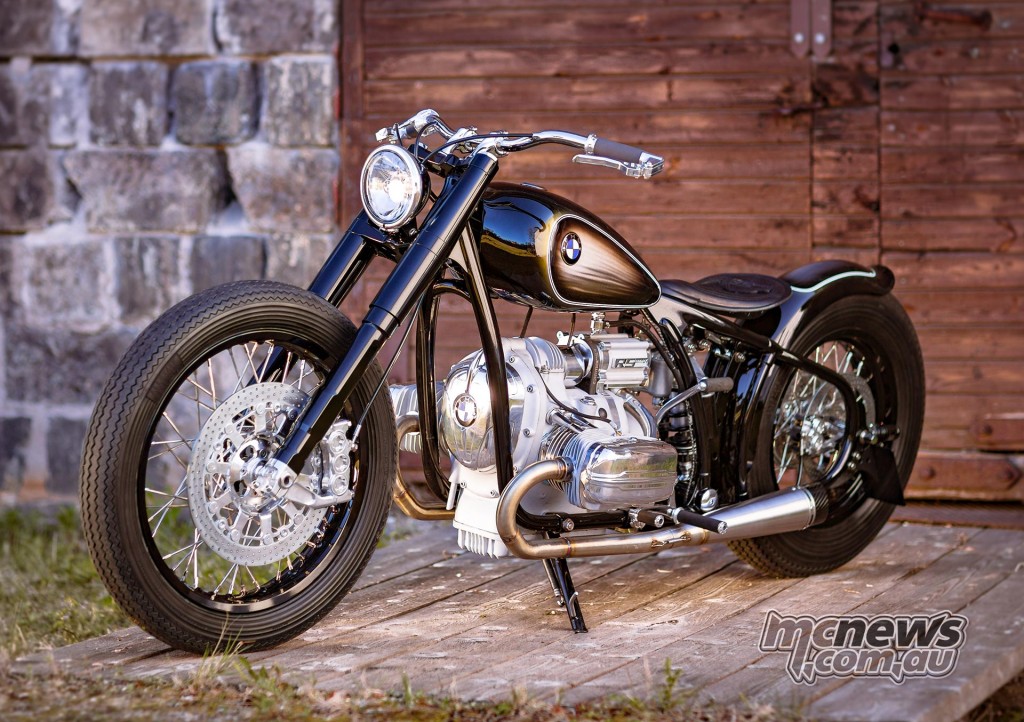
“For the speed – we can build a complete concept bike in two months, if we get models and assistance.
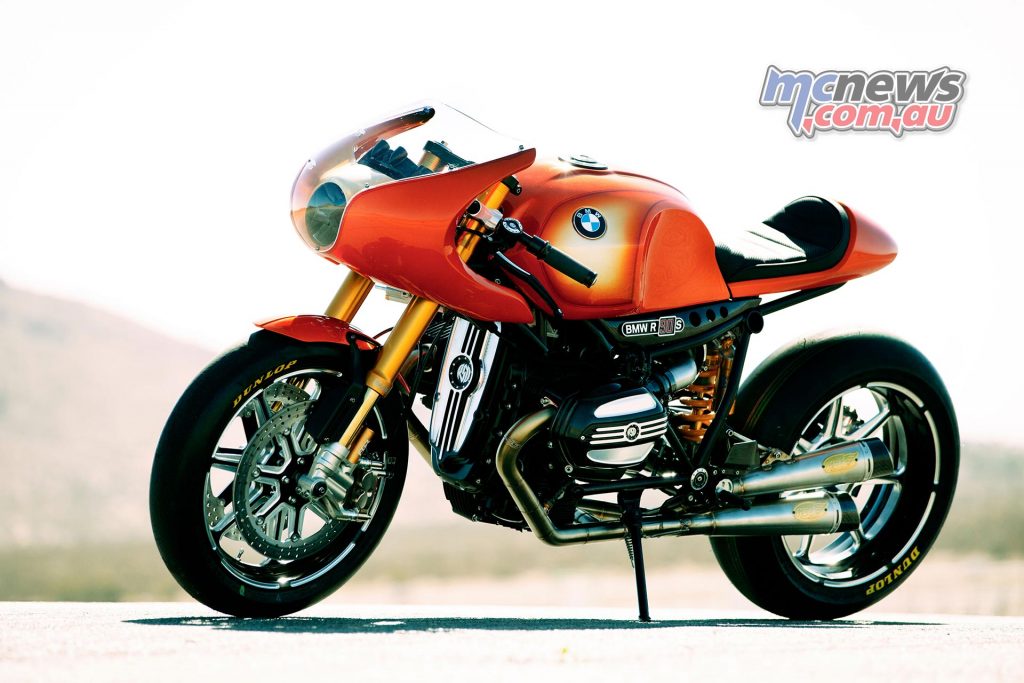
“But they can’t do that internally, and they know that internally they wouldn’t be able to build the bike we come up with.
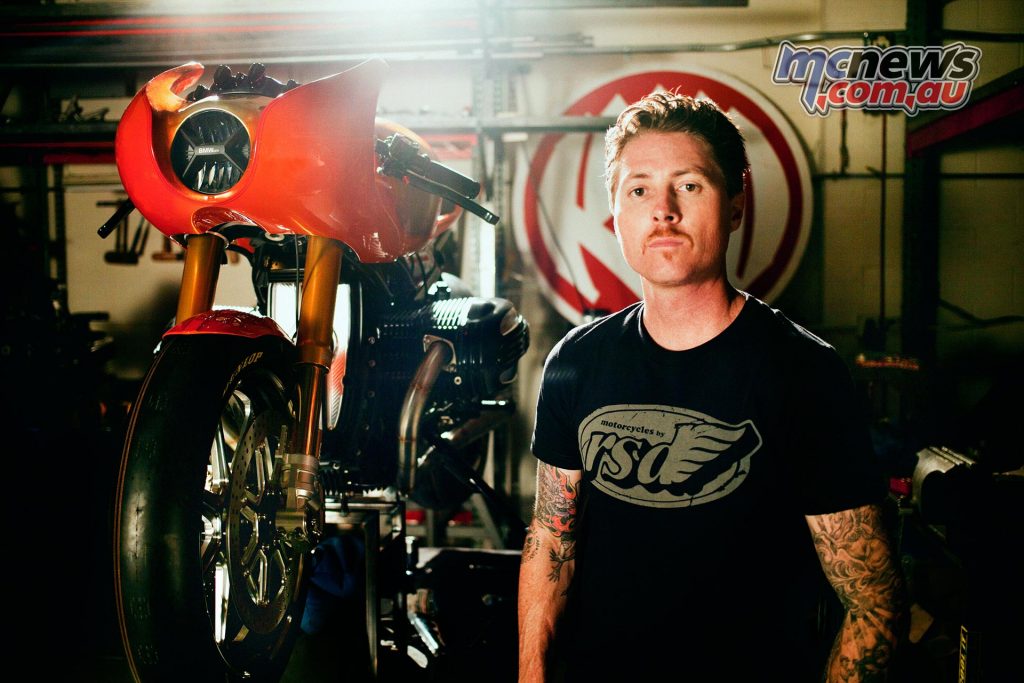
“Lots of the concept bikes never ran, but the concept R nineT was the first concept bike that actually ran [for BMW]. I said that’s the only way we’ll do the project, if the bike runs.
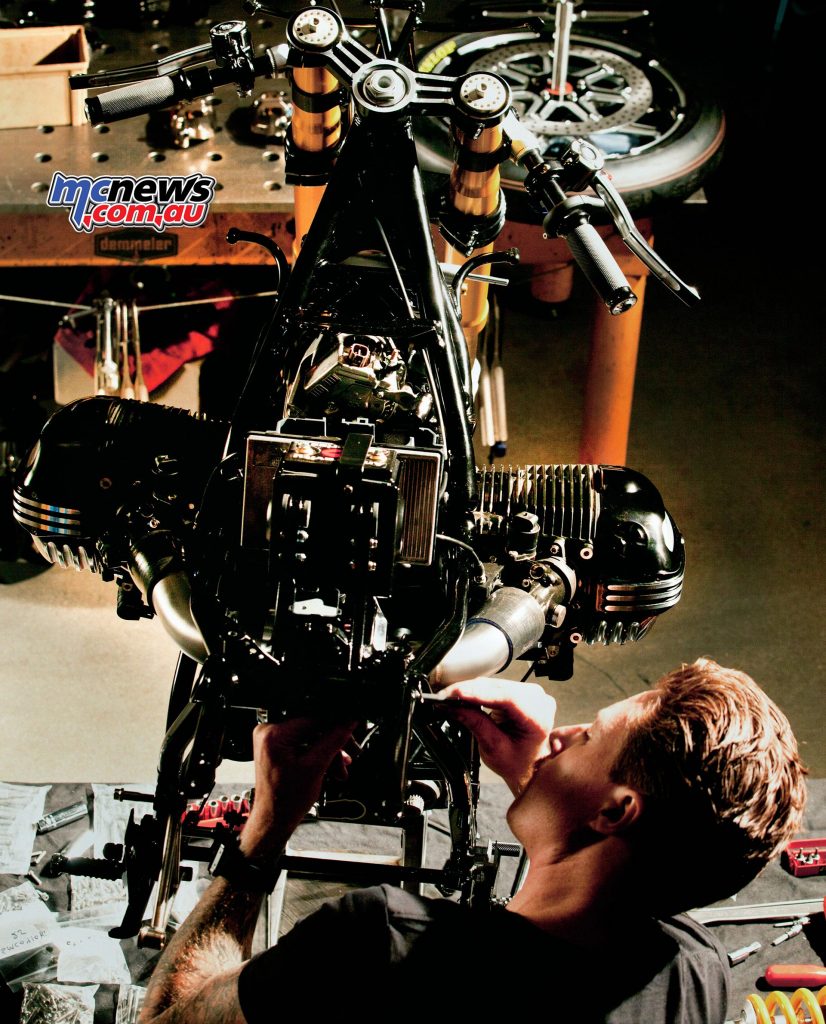
“We’ve only built one project that didn’t run, and that was for Ducati. That was the original Diavel, a full concept for them. We didn’t even get close to the satisfaction we got prior to that. I guess it rolls, but it doesn’t work…”
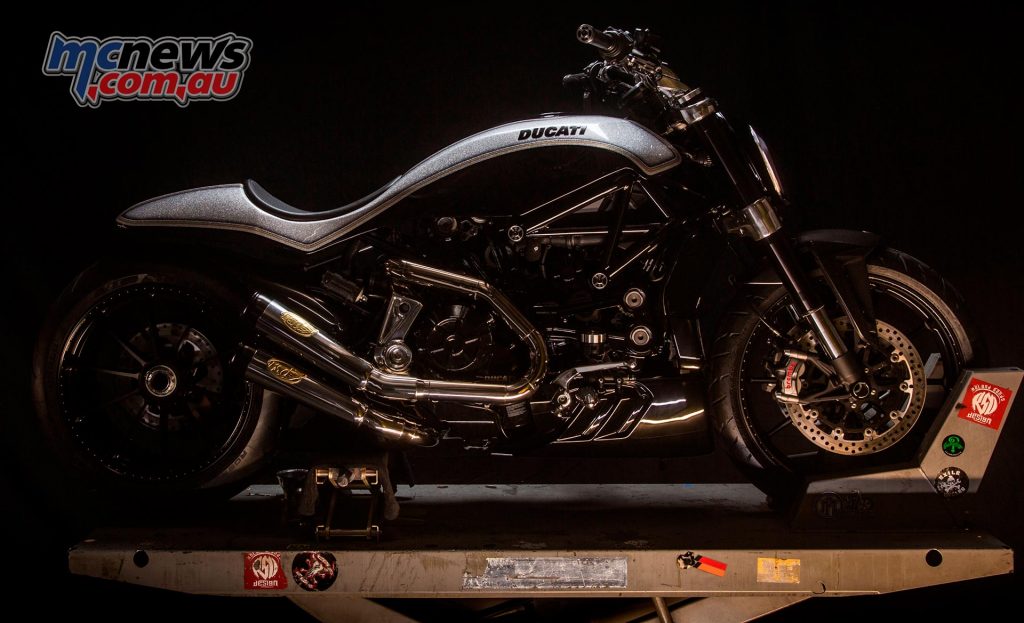
Have you been approached by Harley to do anything for them?
“We have been approached in the past, but recently, nothing. Crickets over there.”
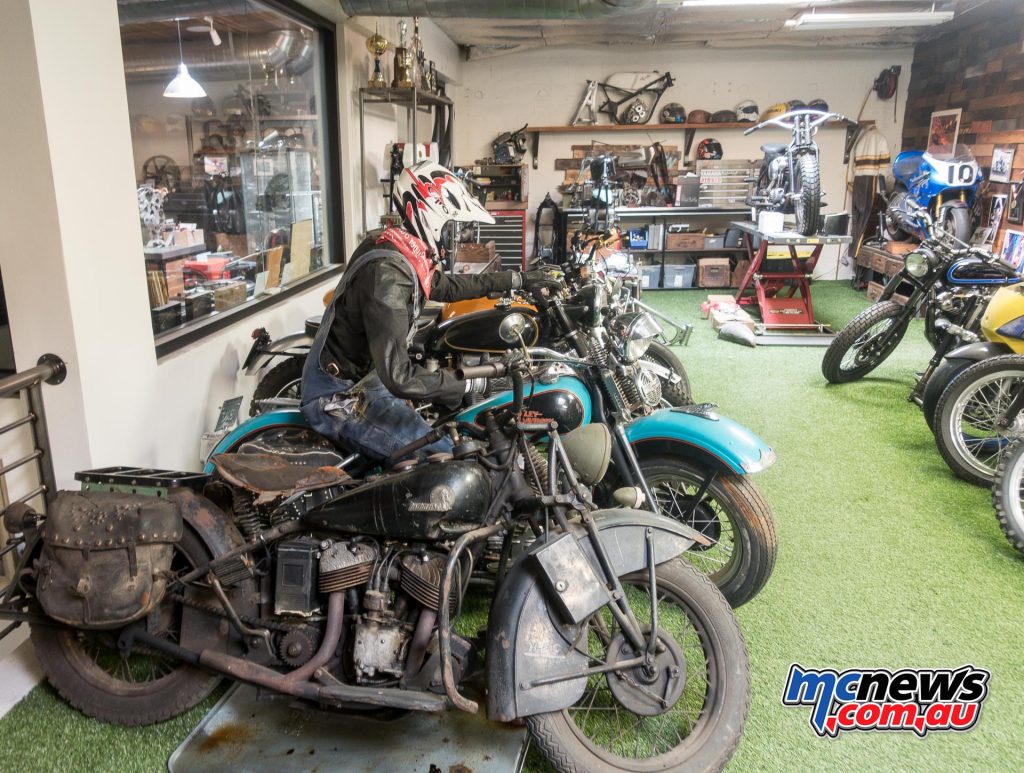
What do you listen to?
“Recently a lot of Pandora… *laughs* I’d like to say I’m here DJing all day and drinking whiskey on the floor but I’m not…”
